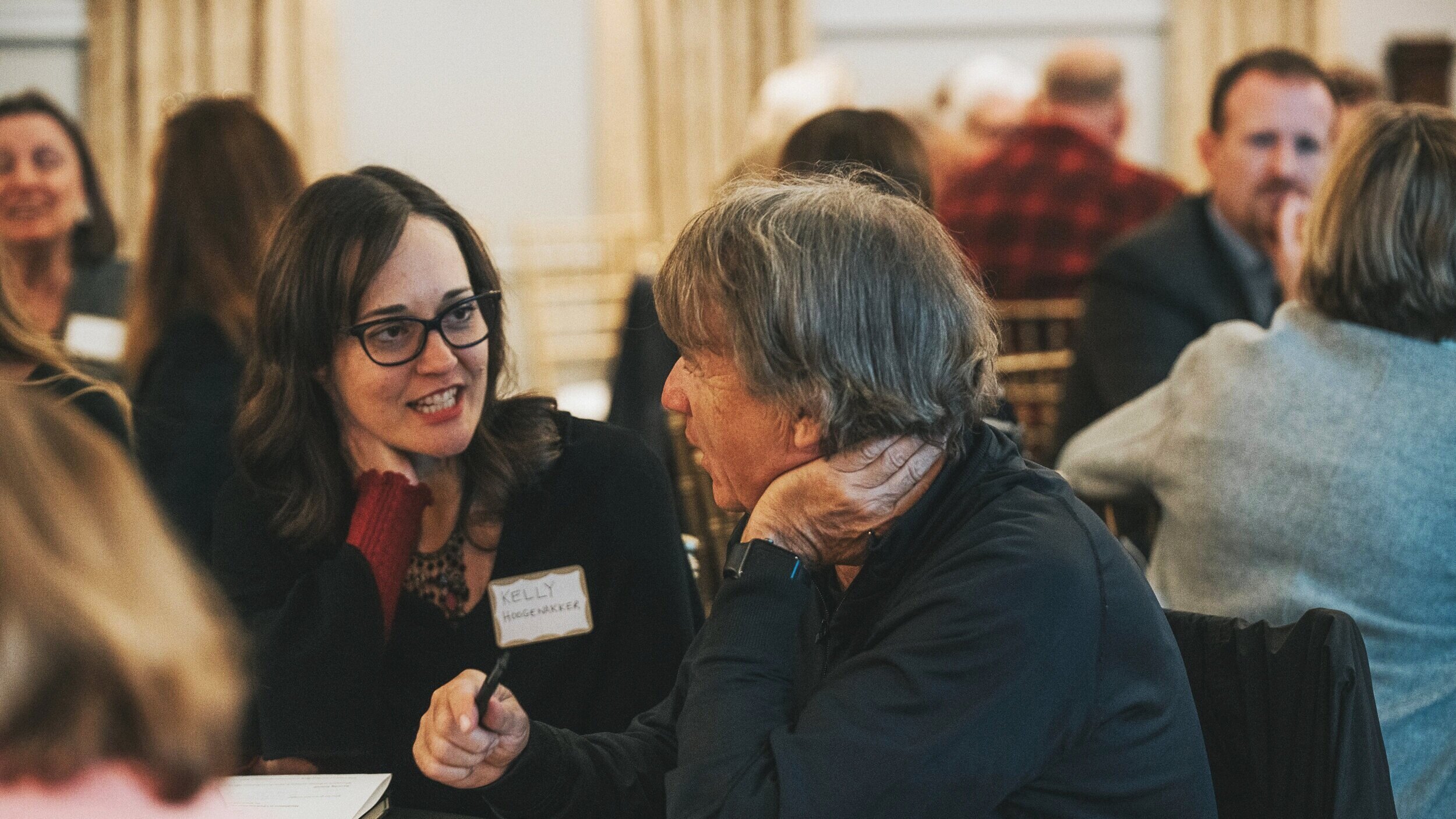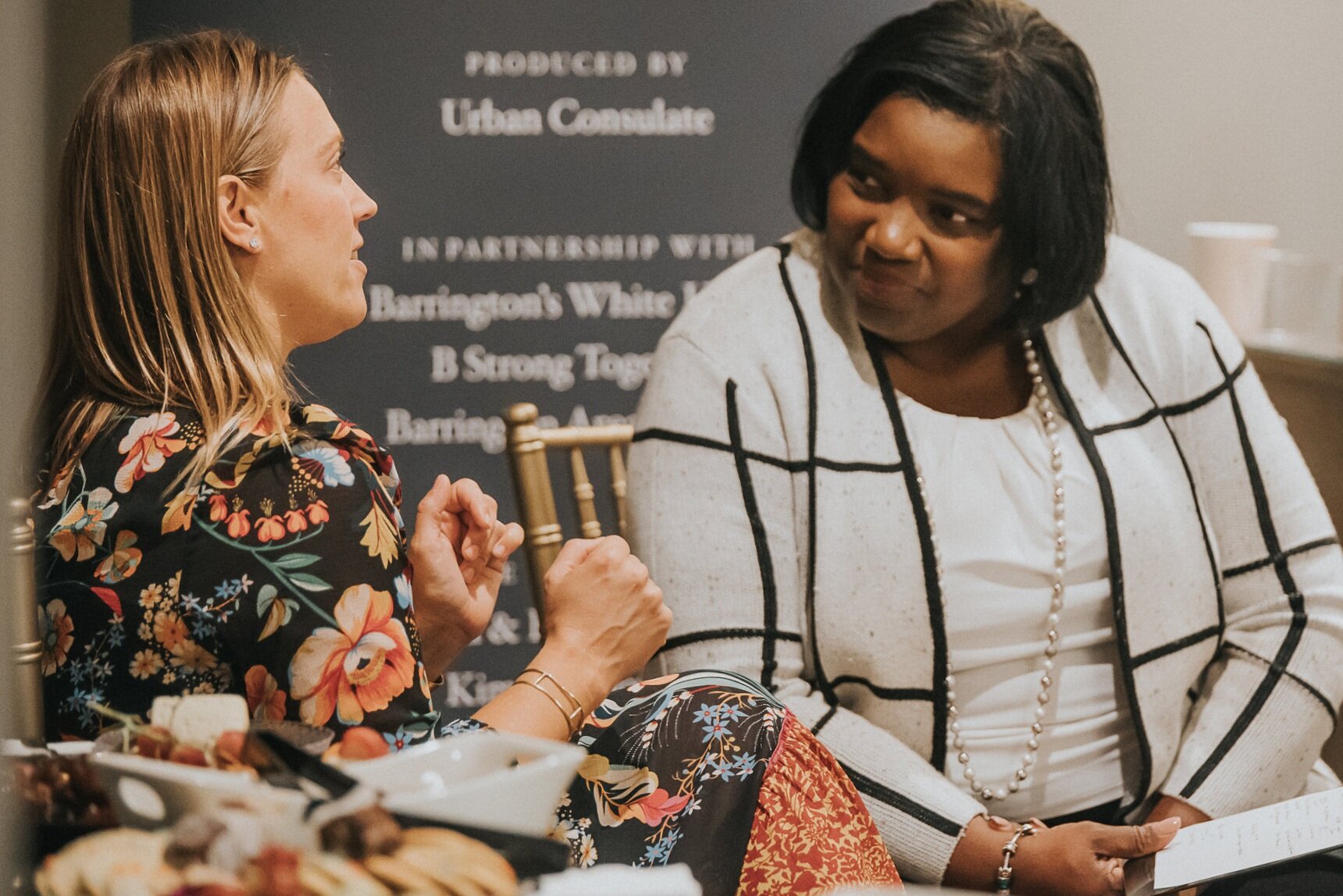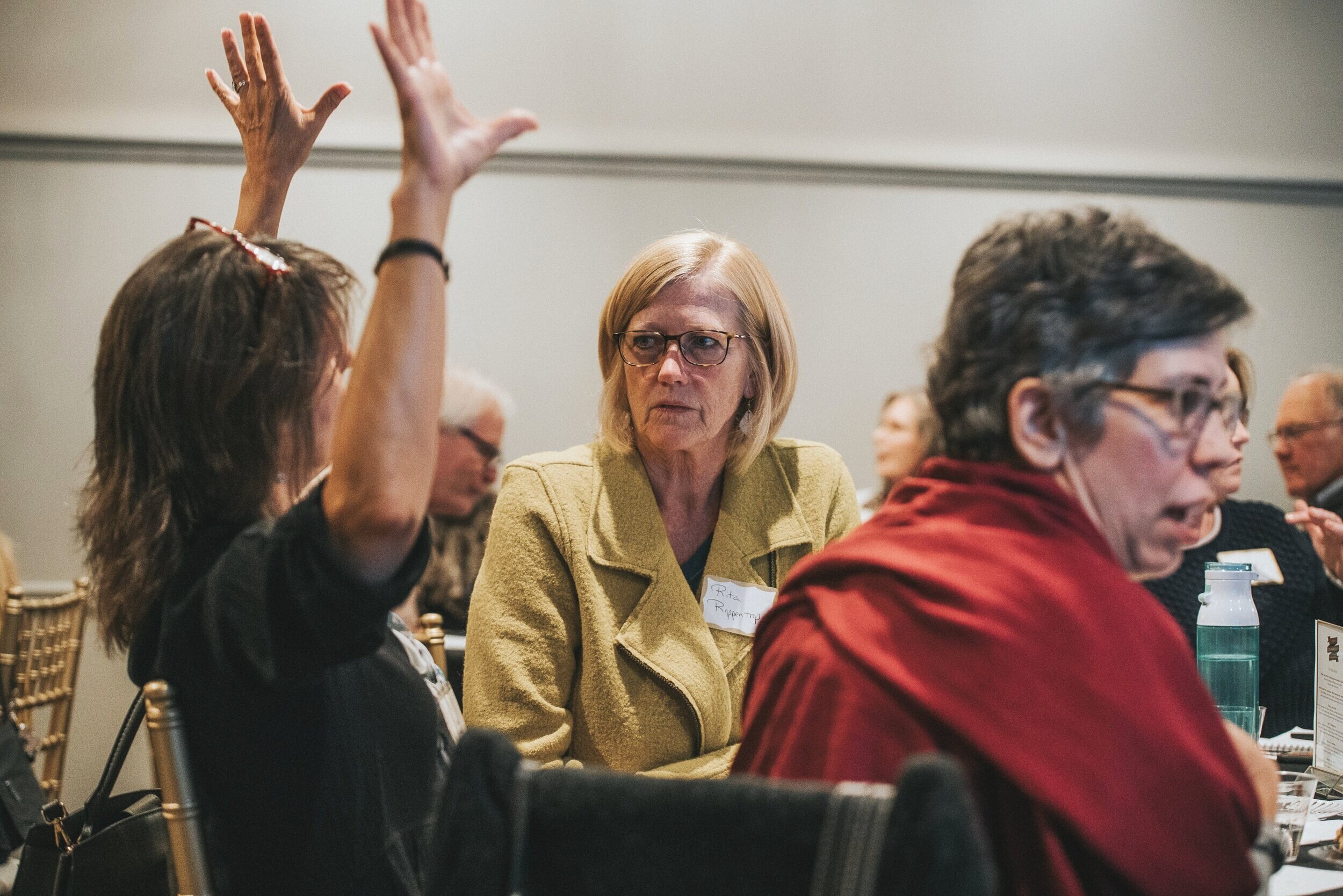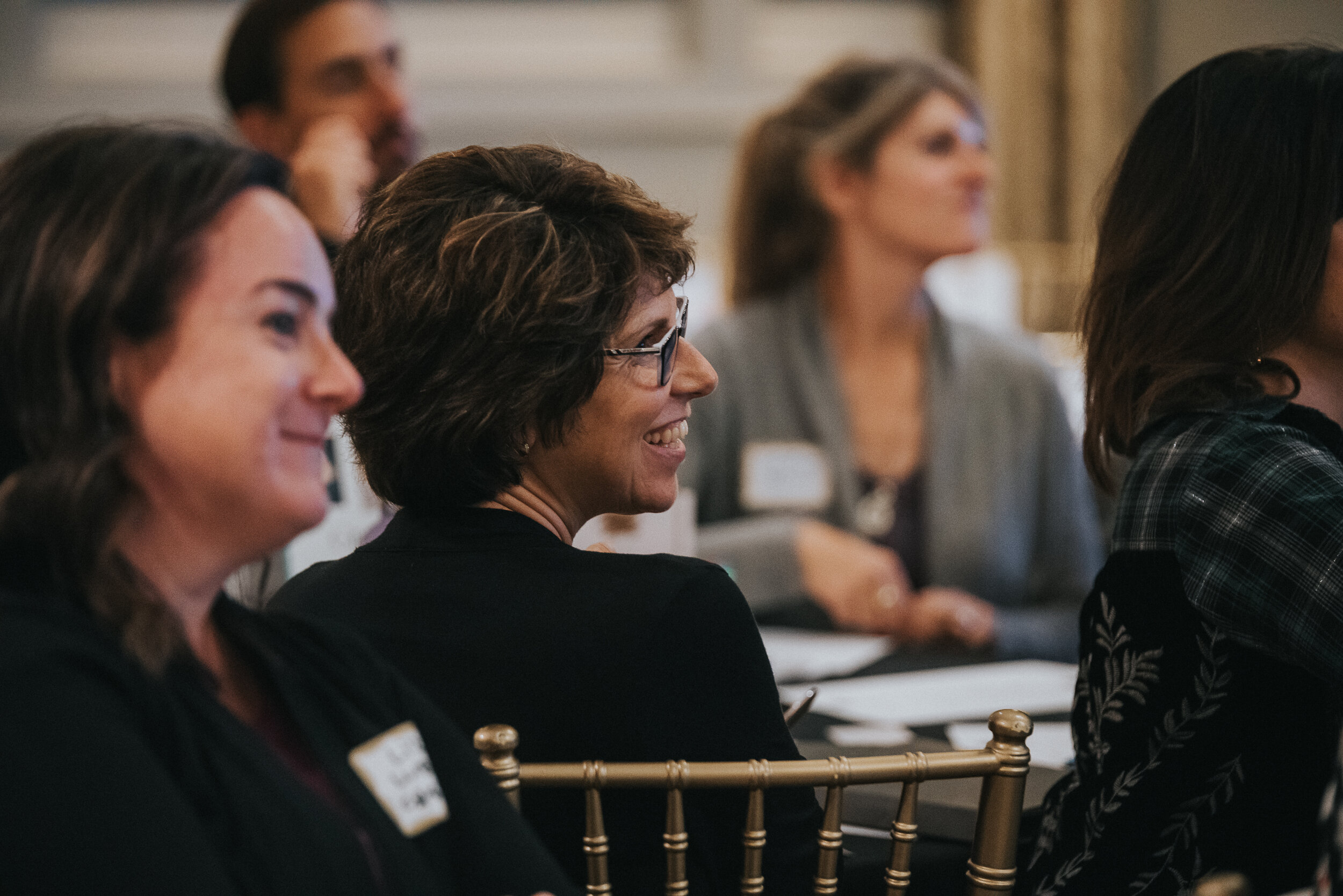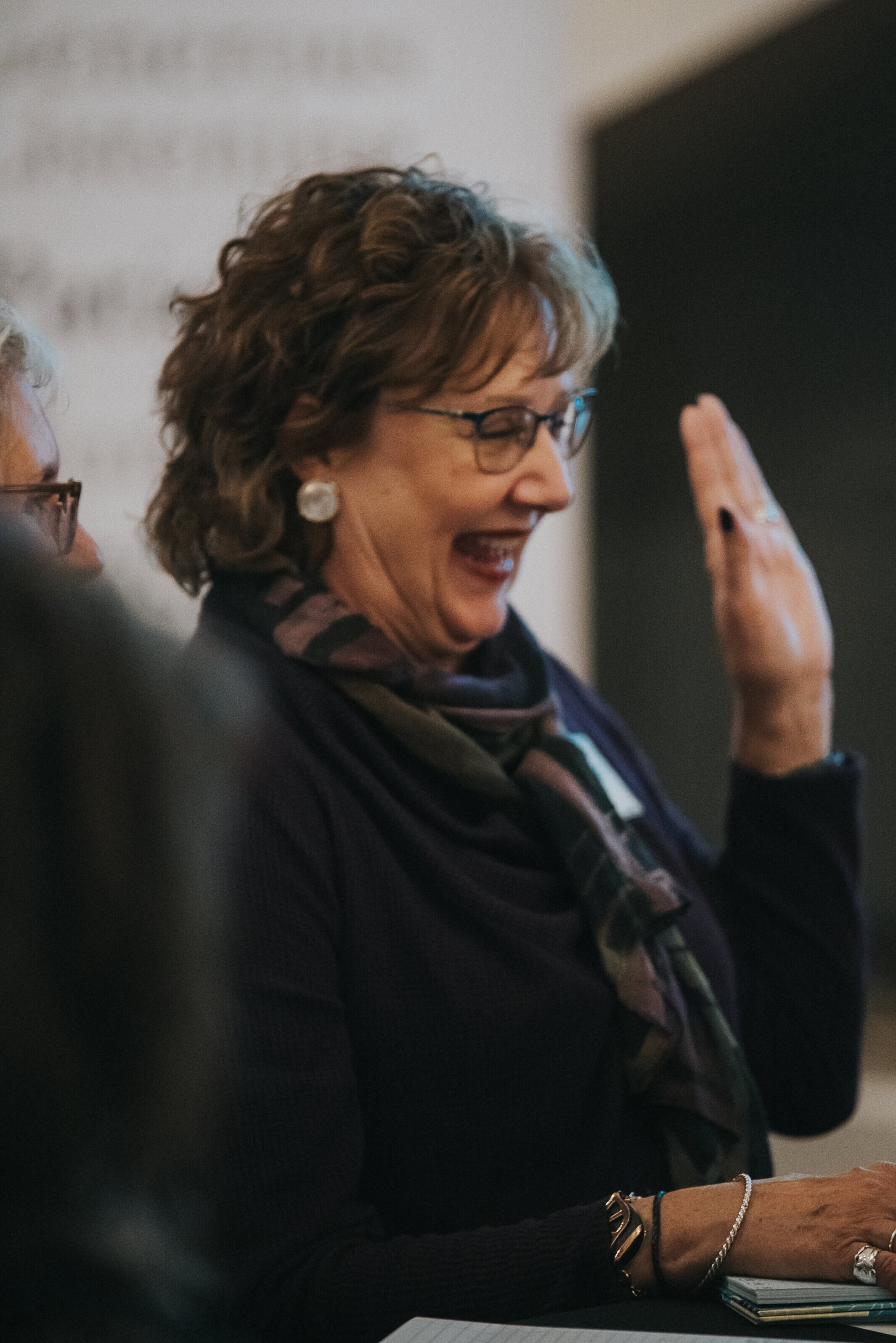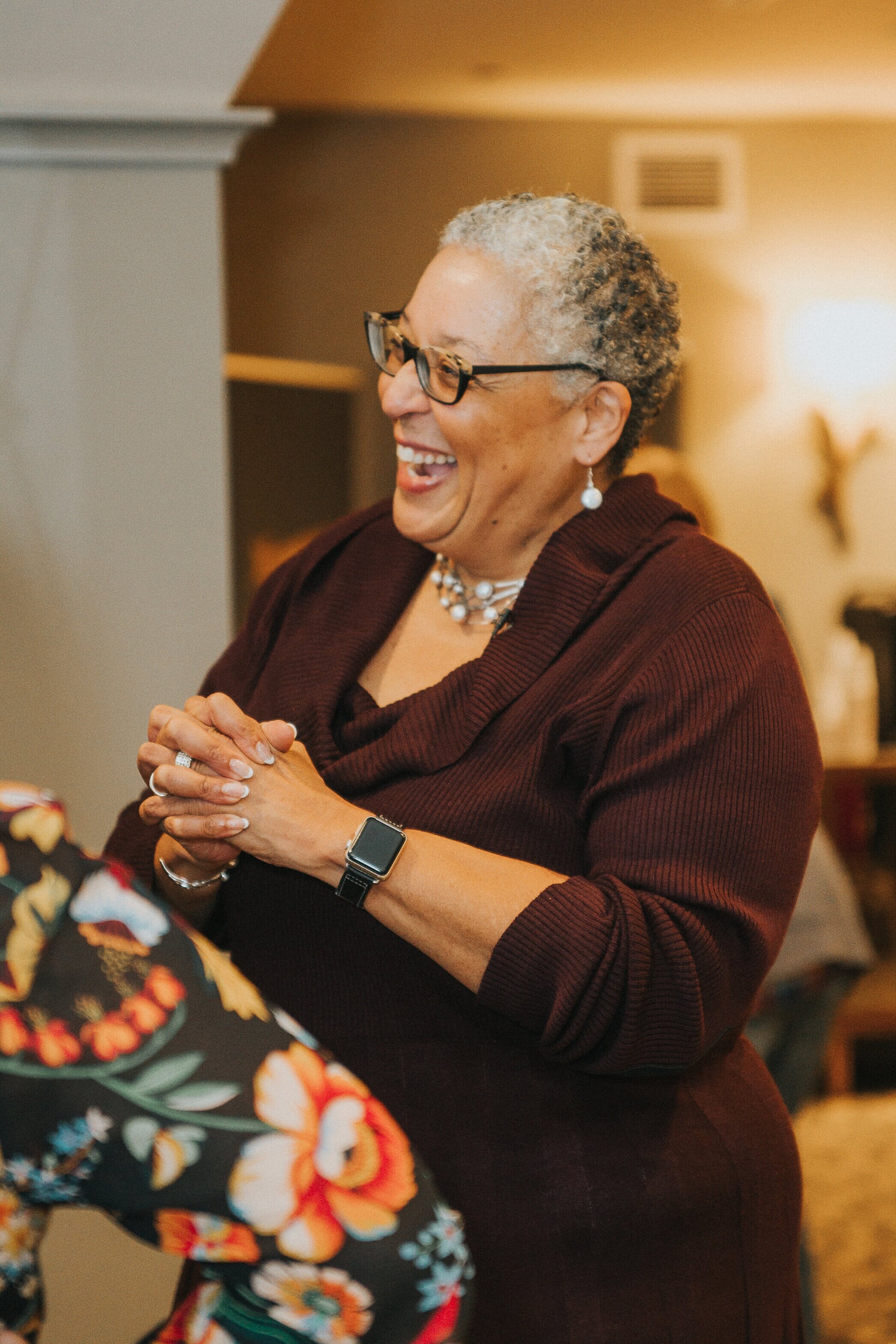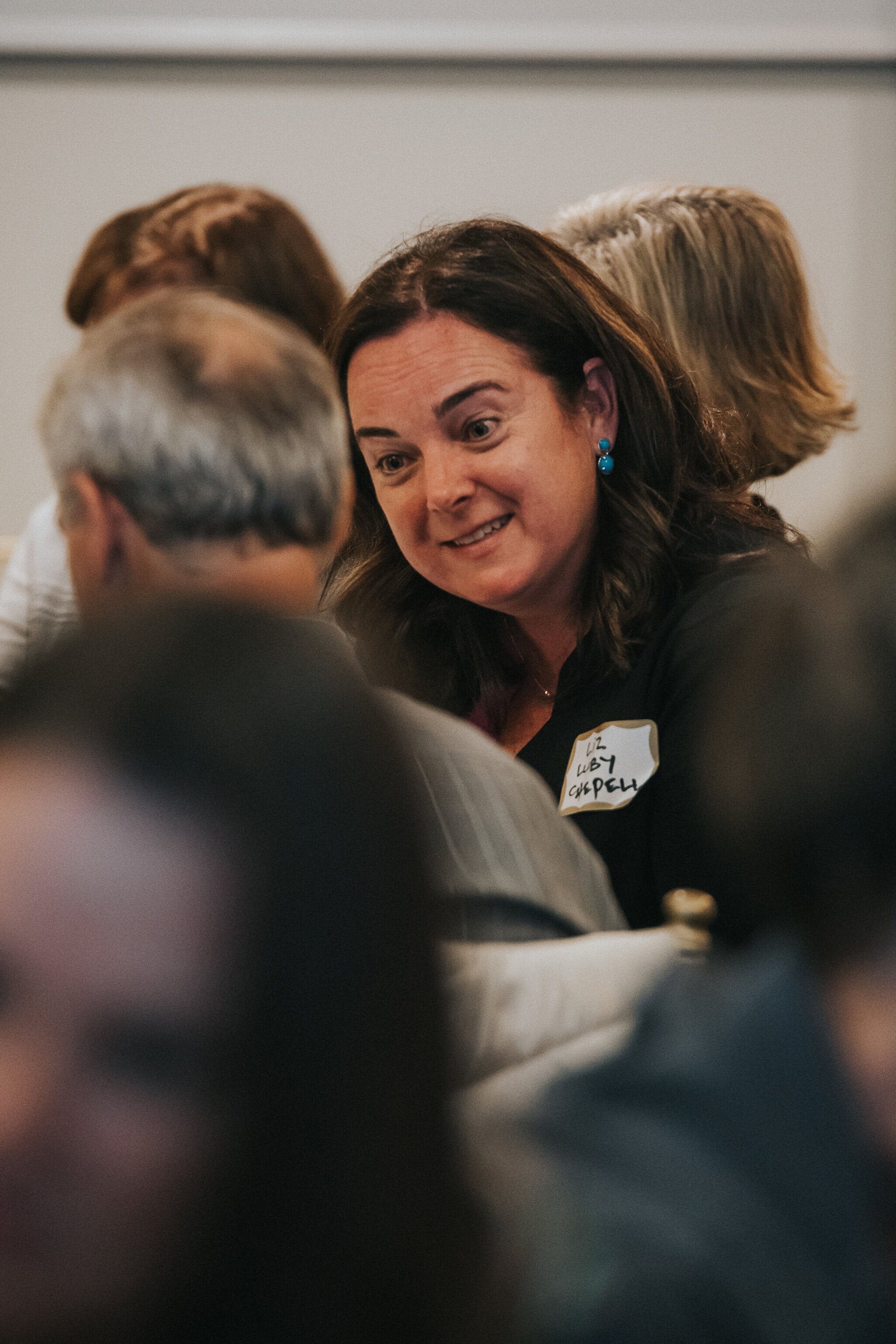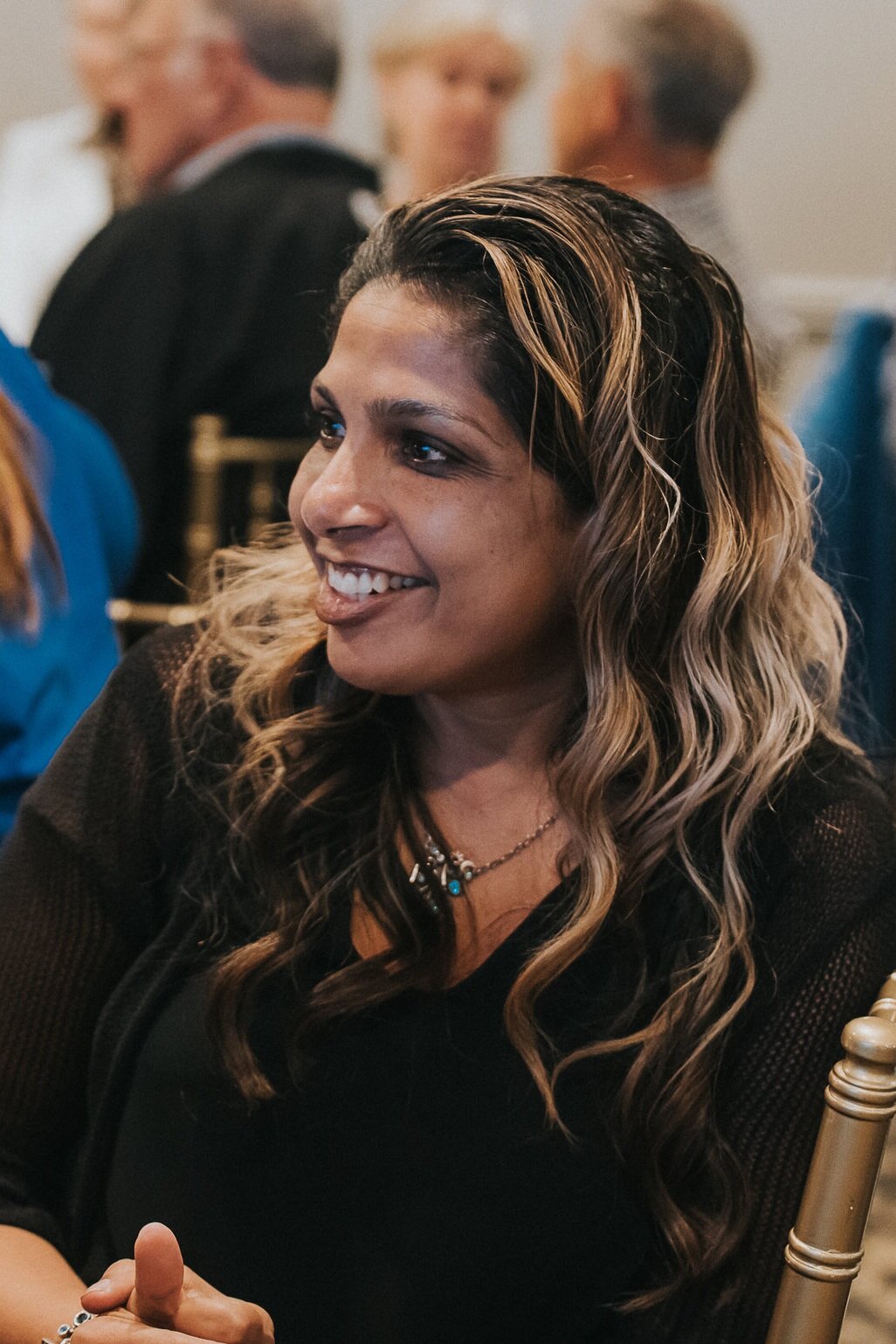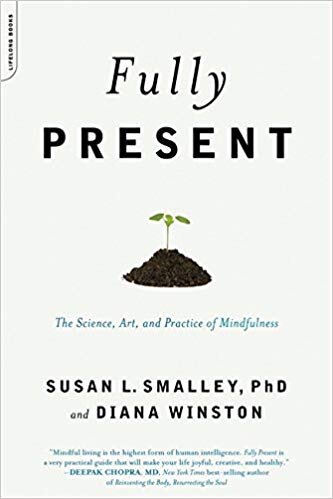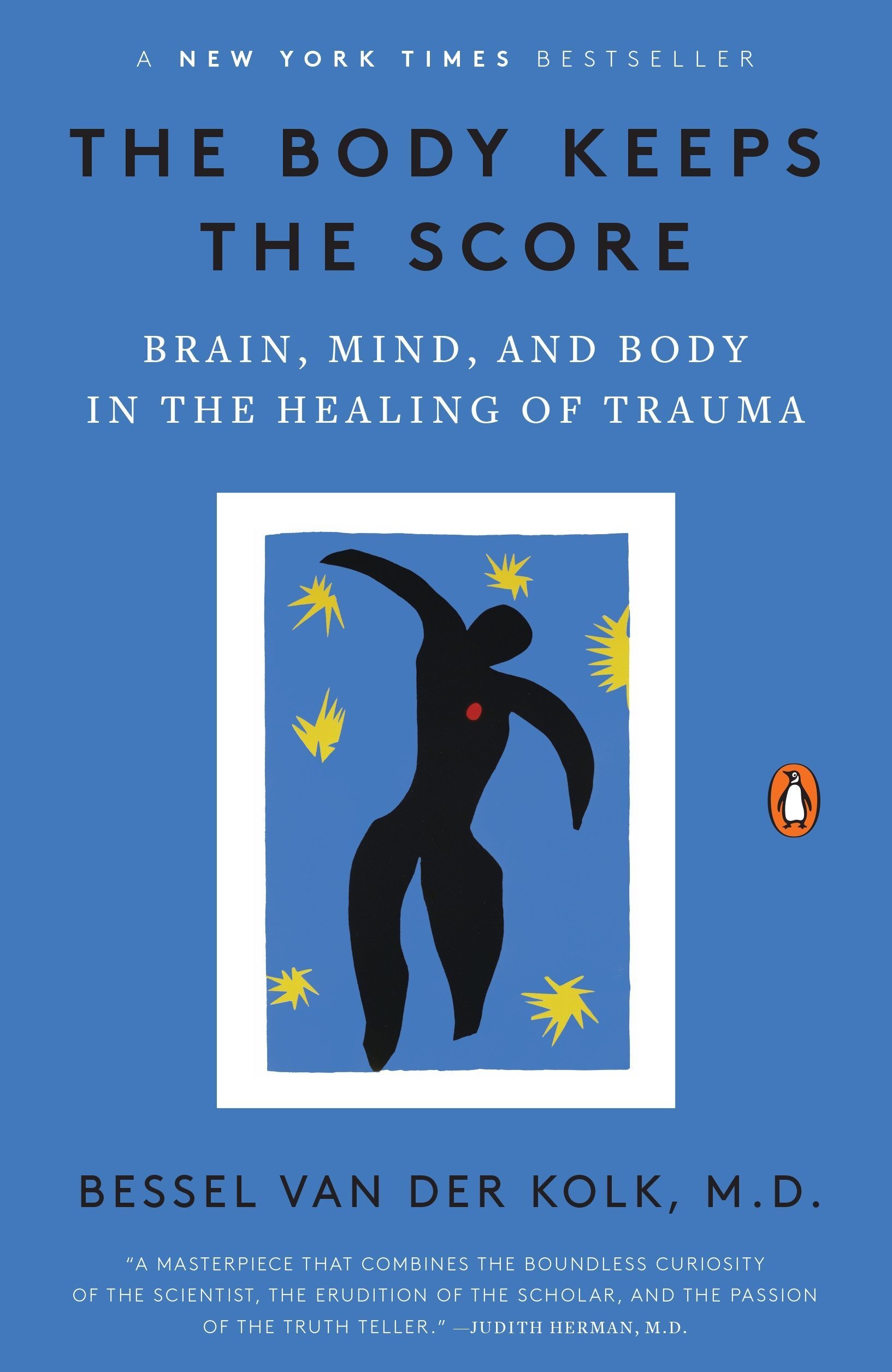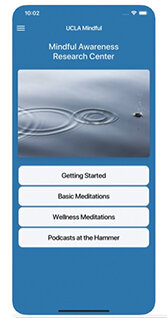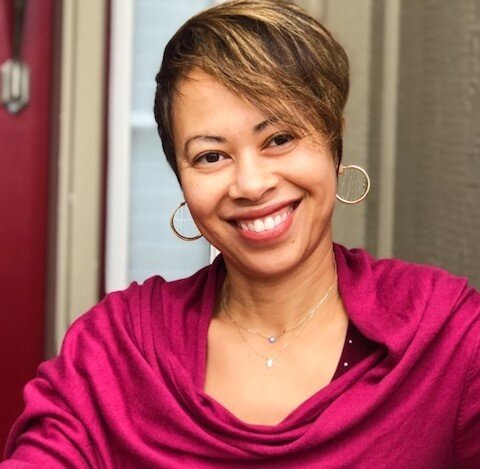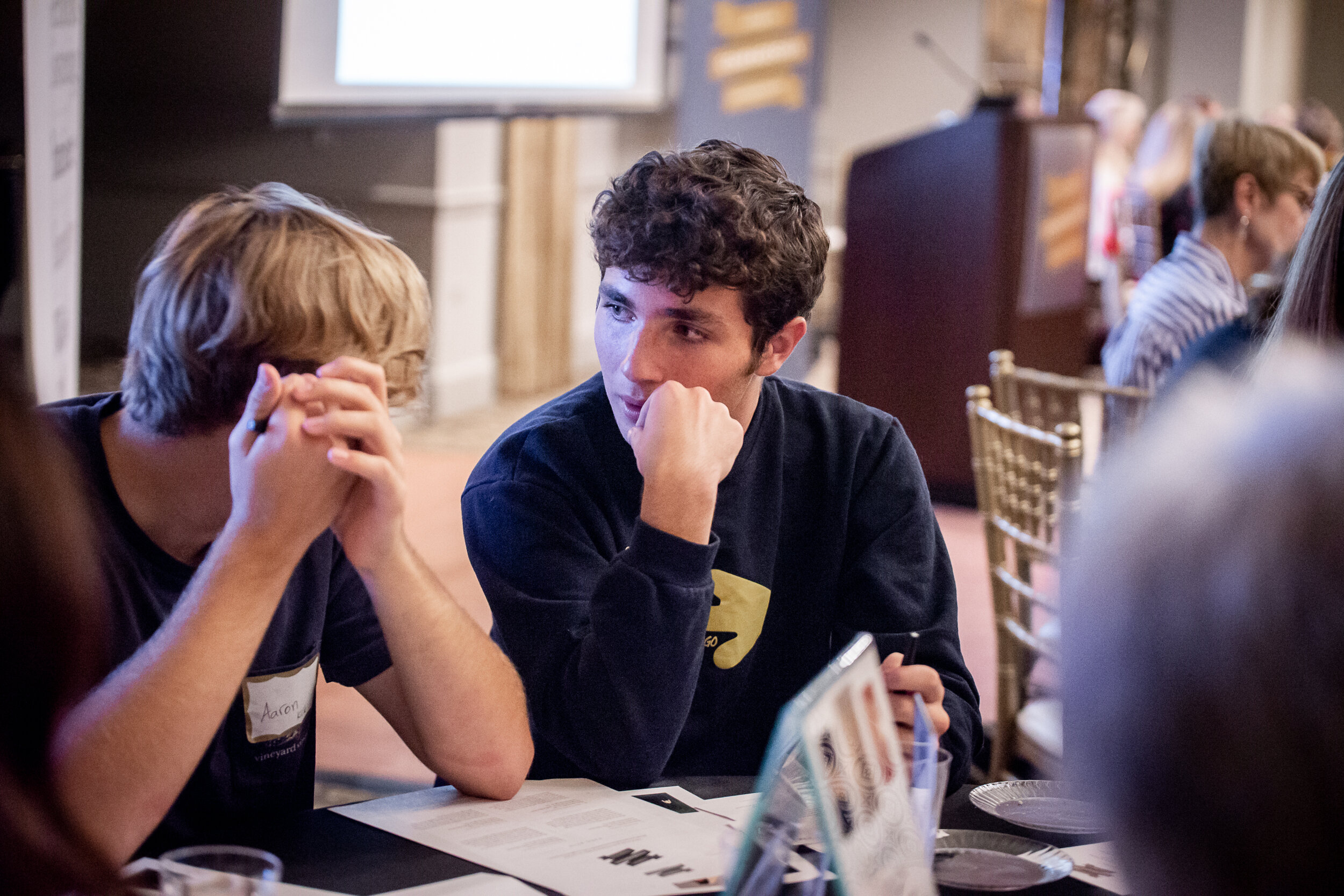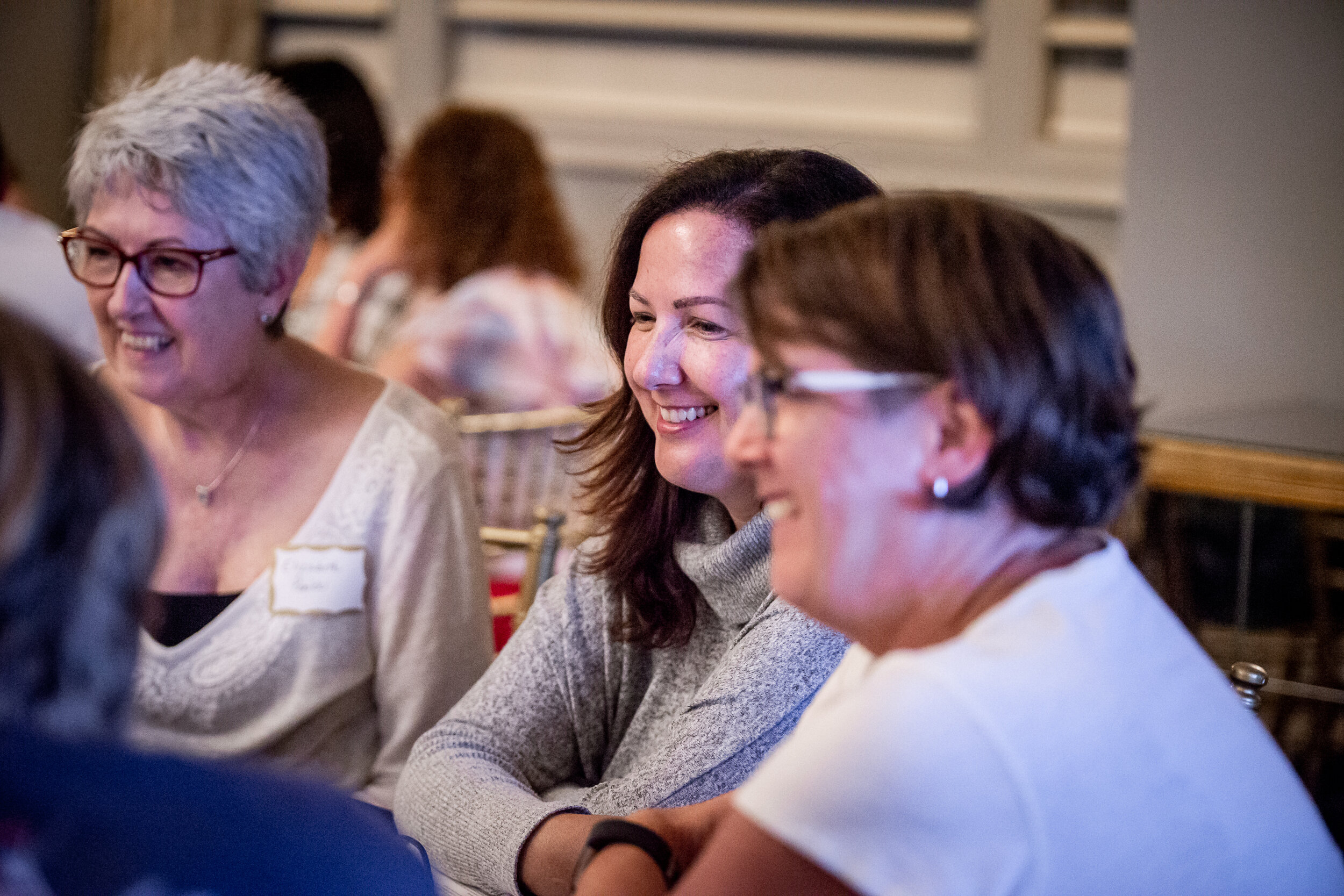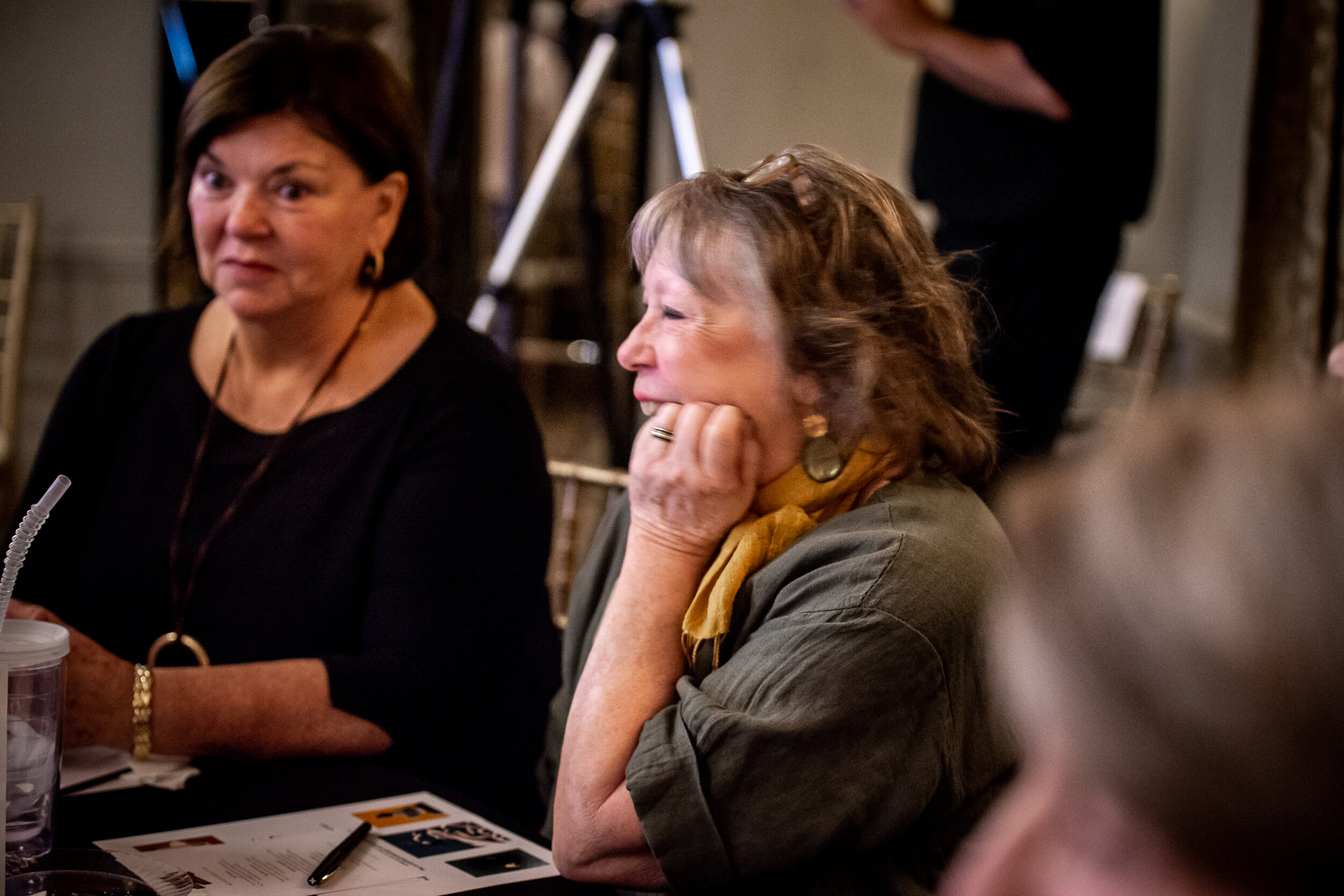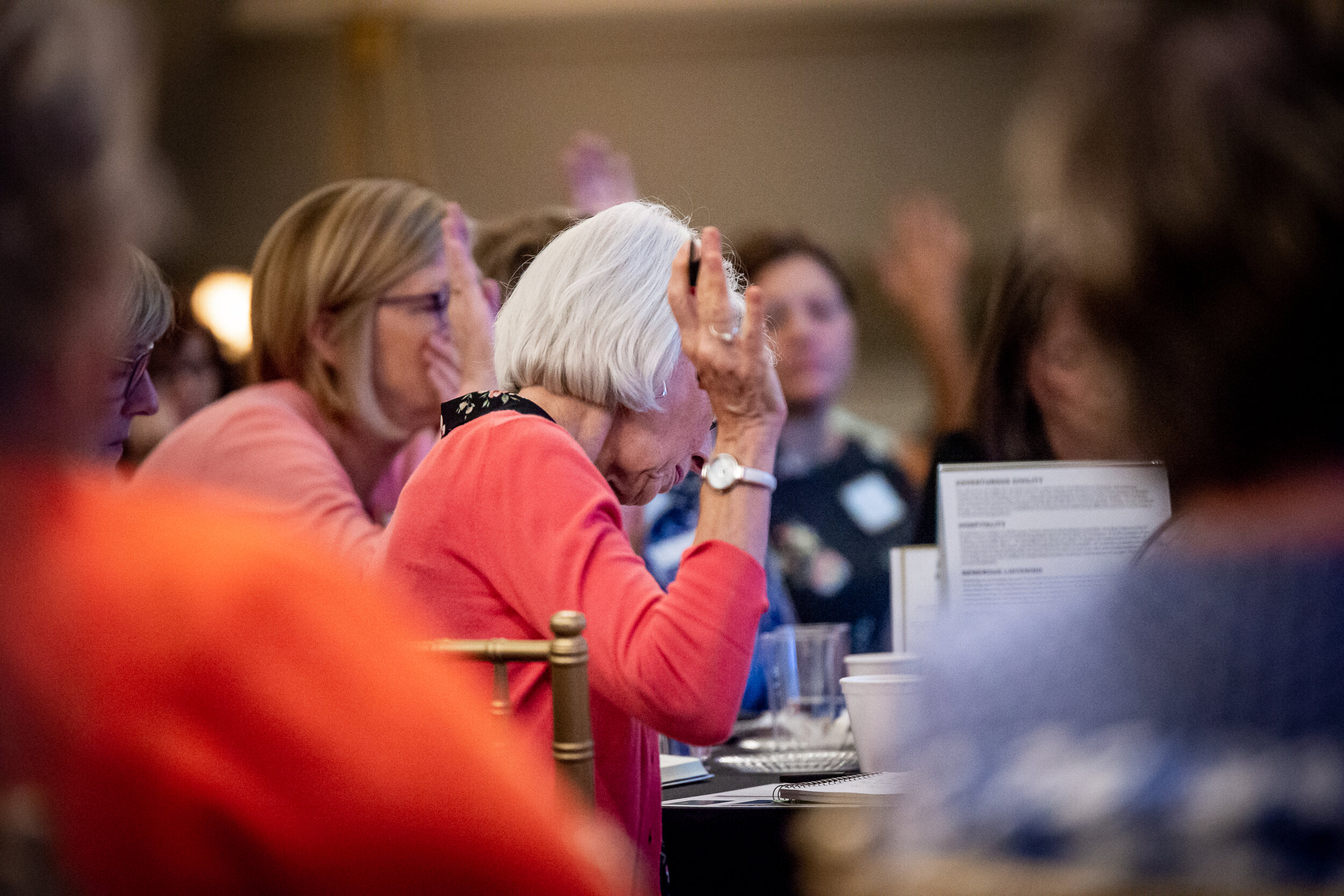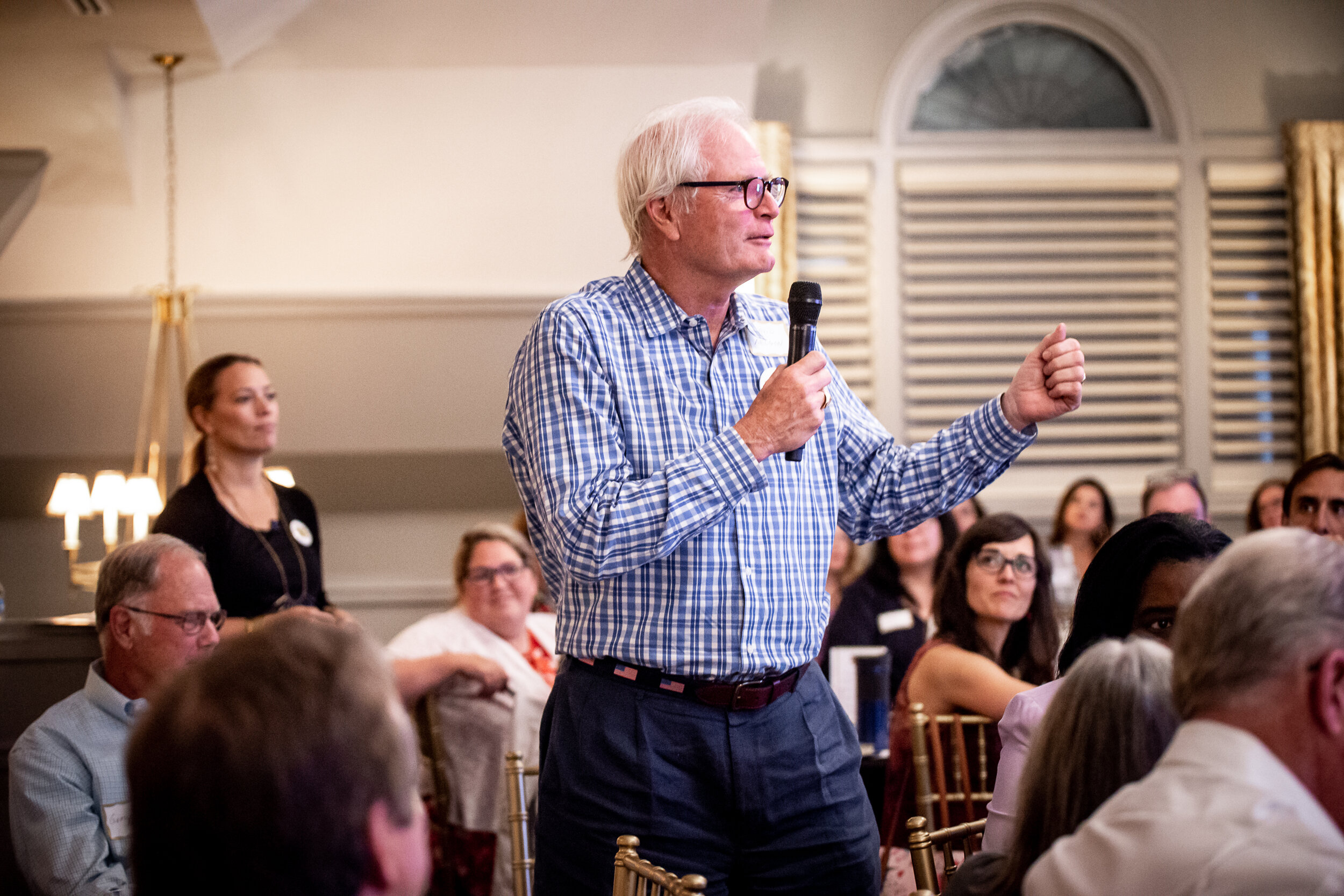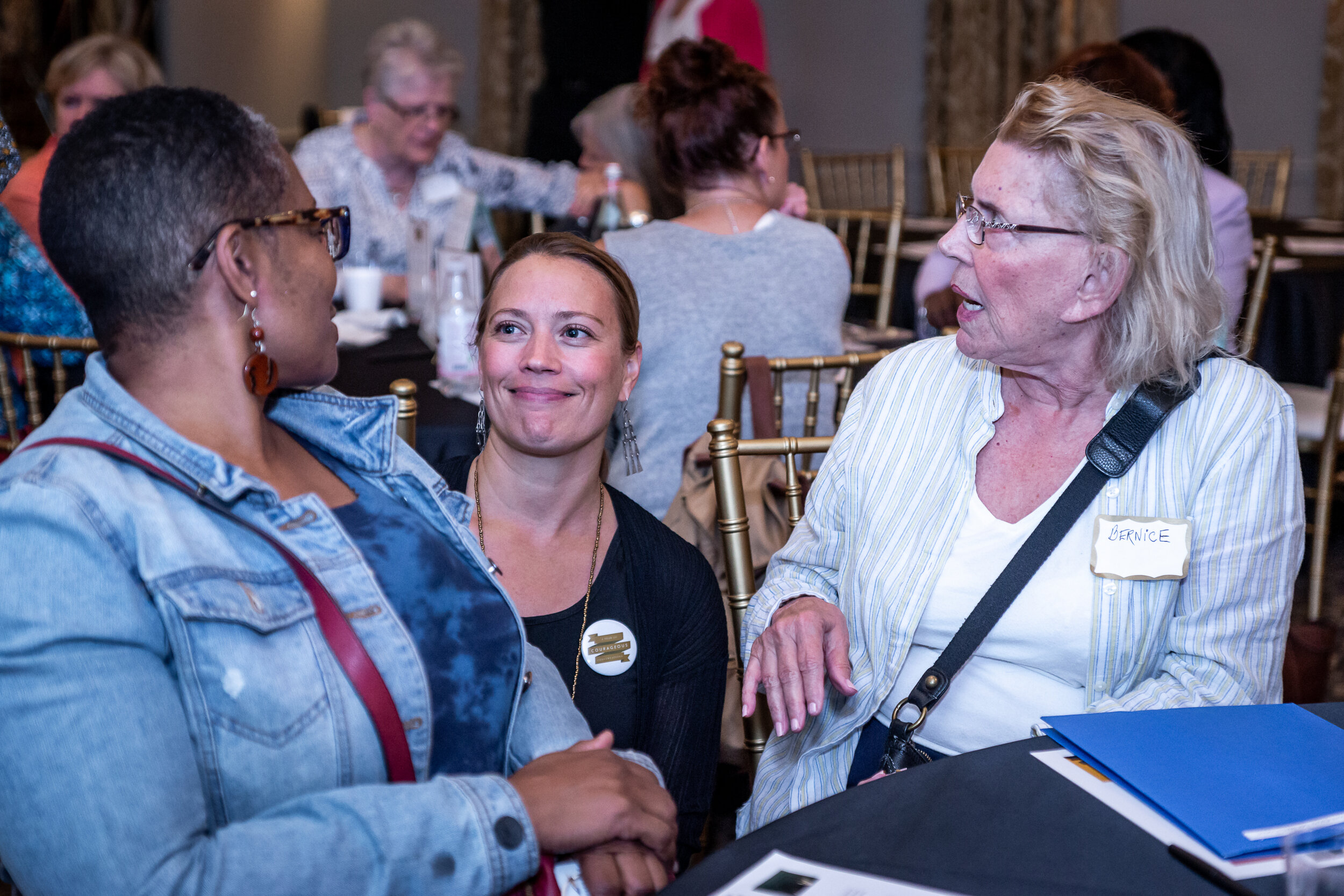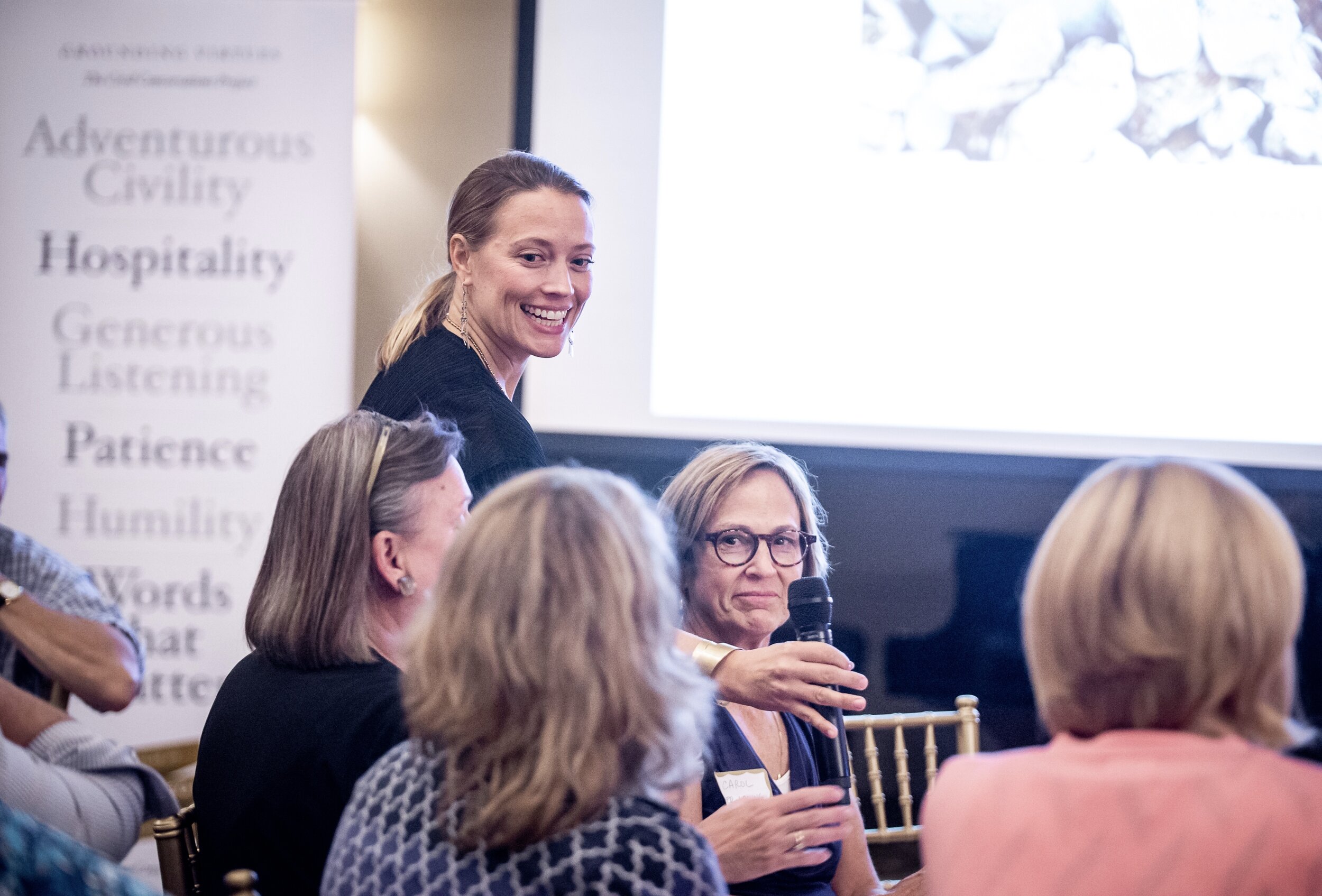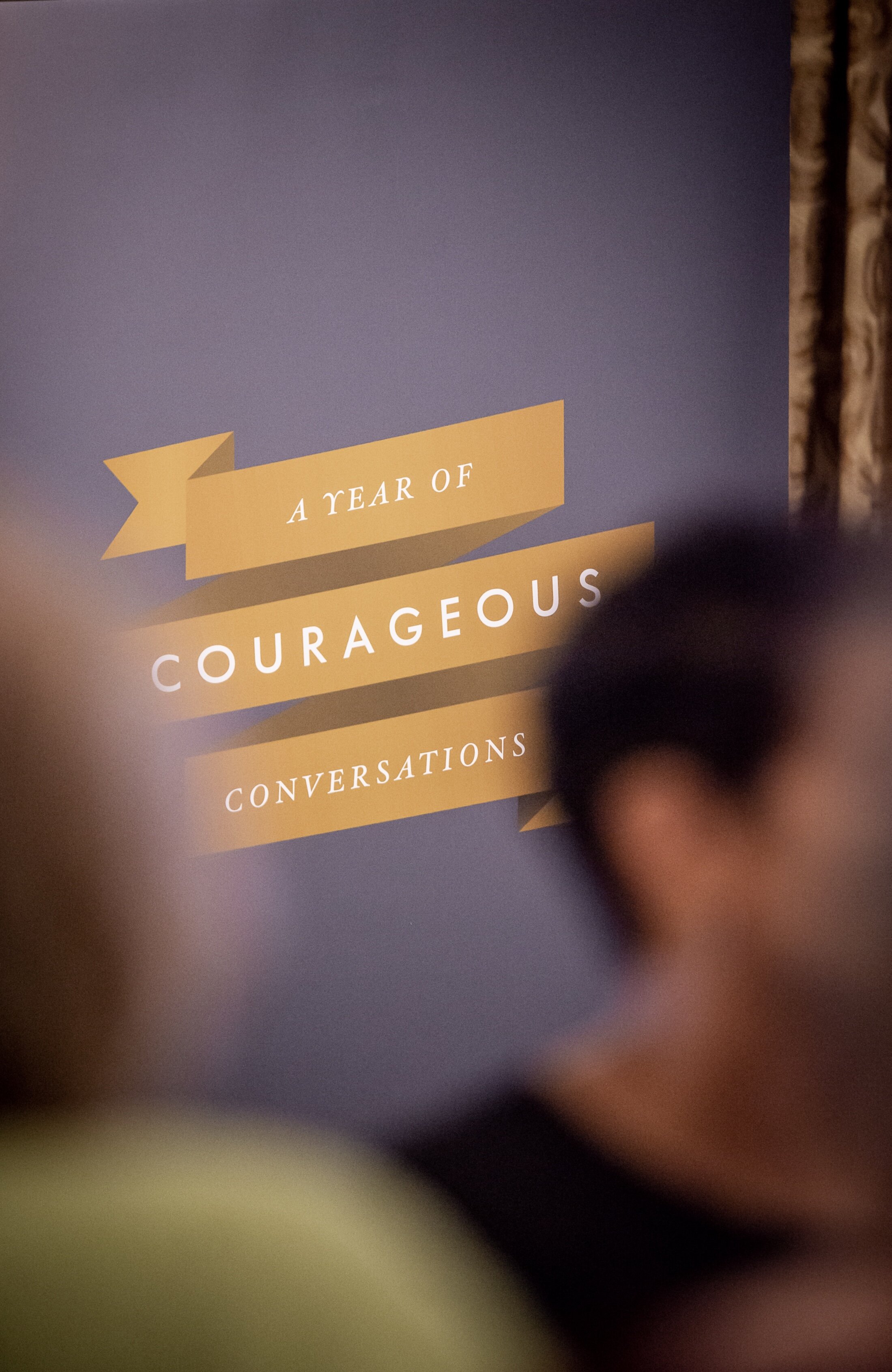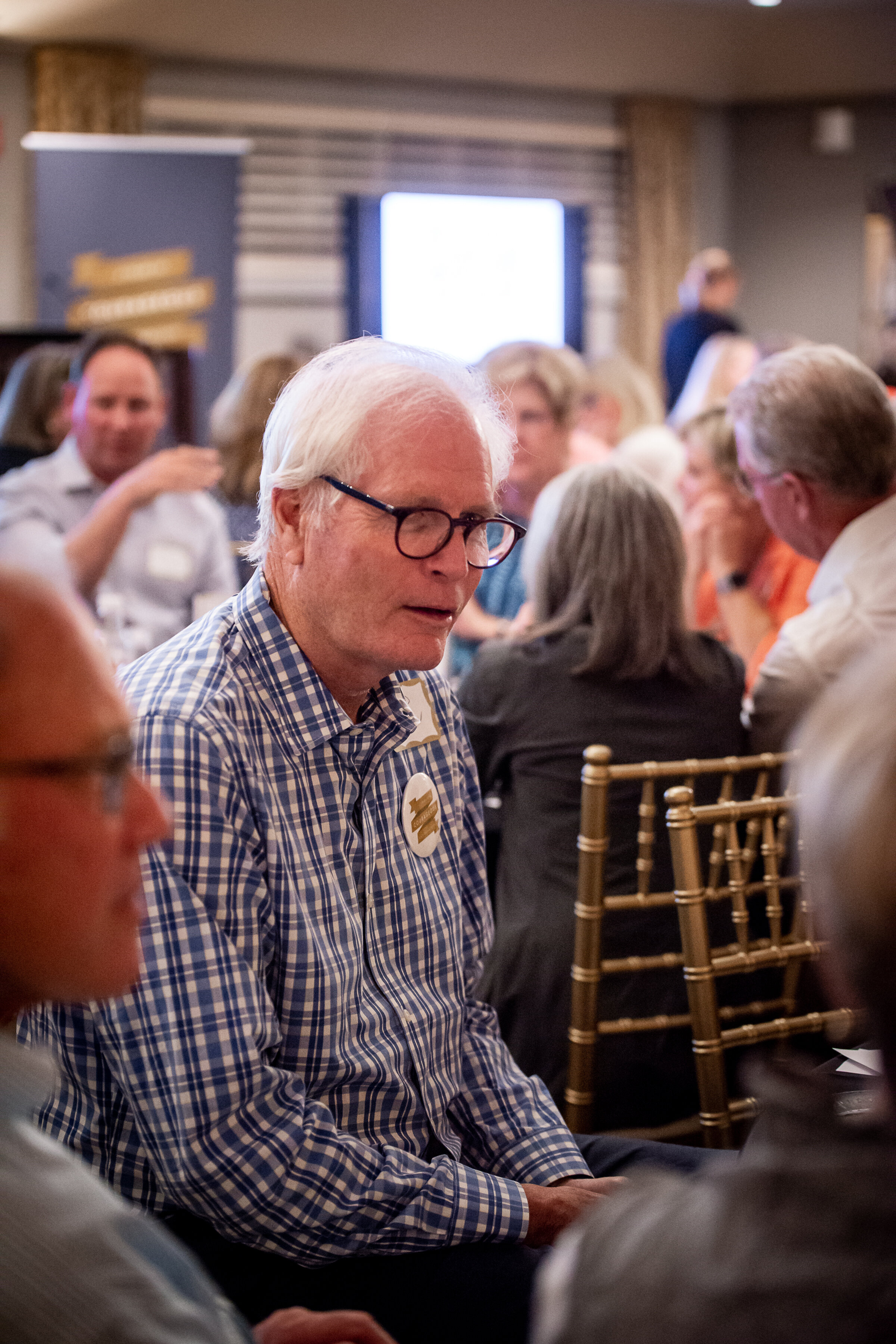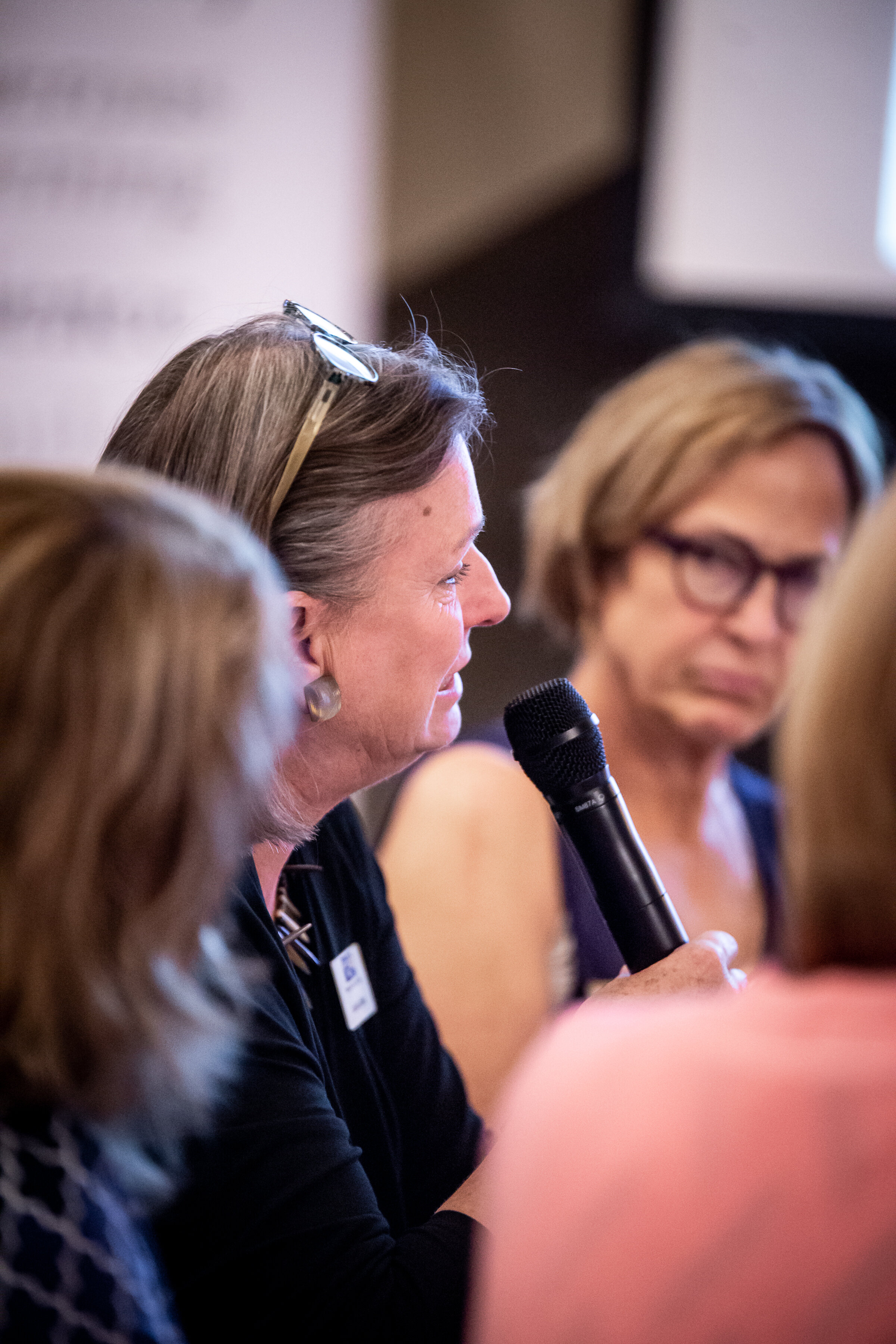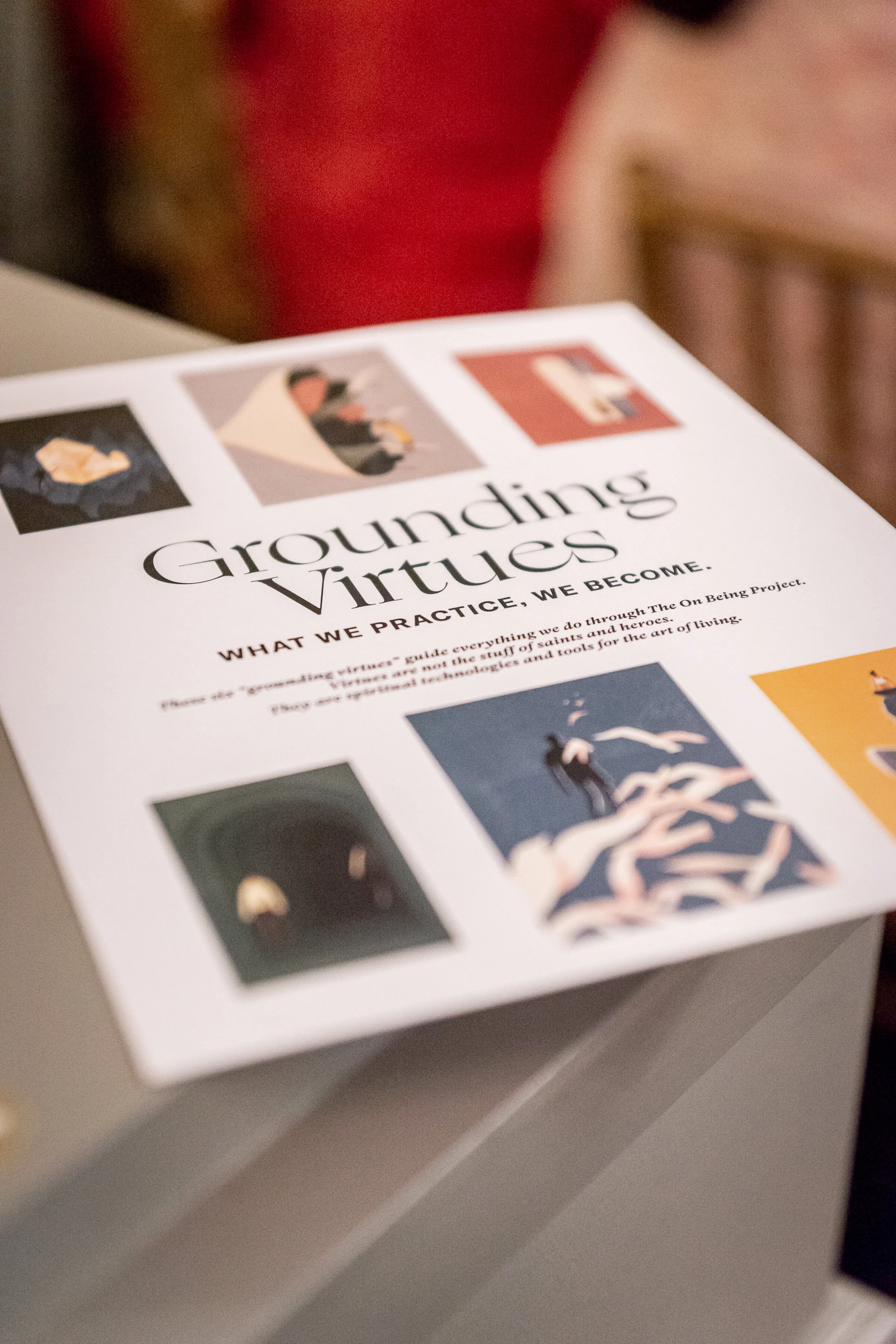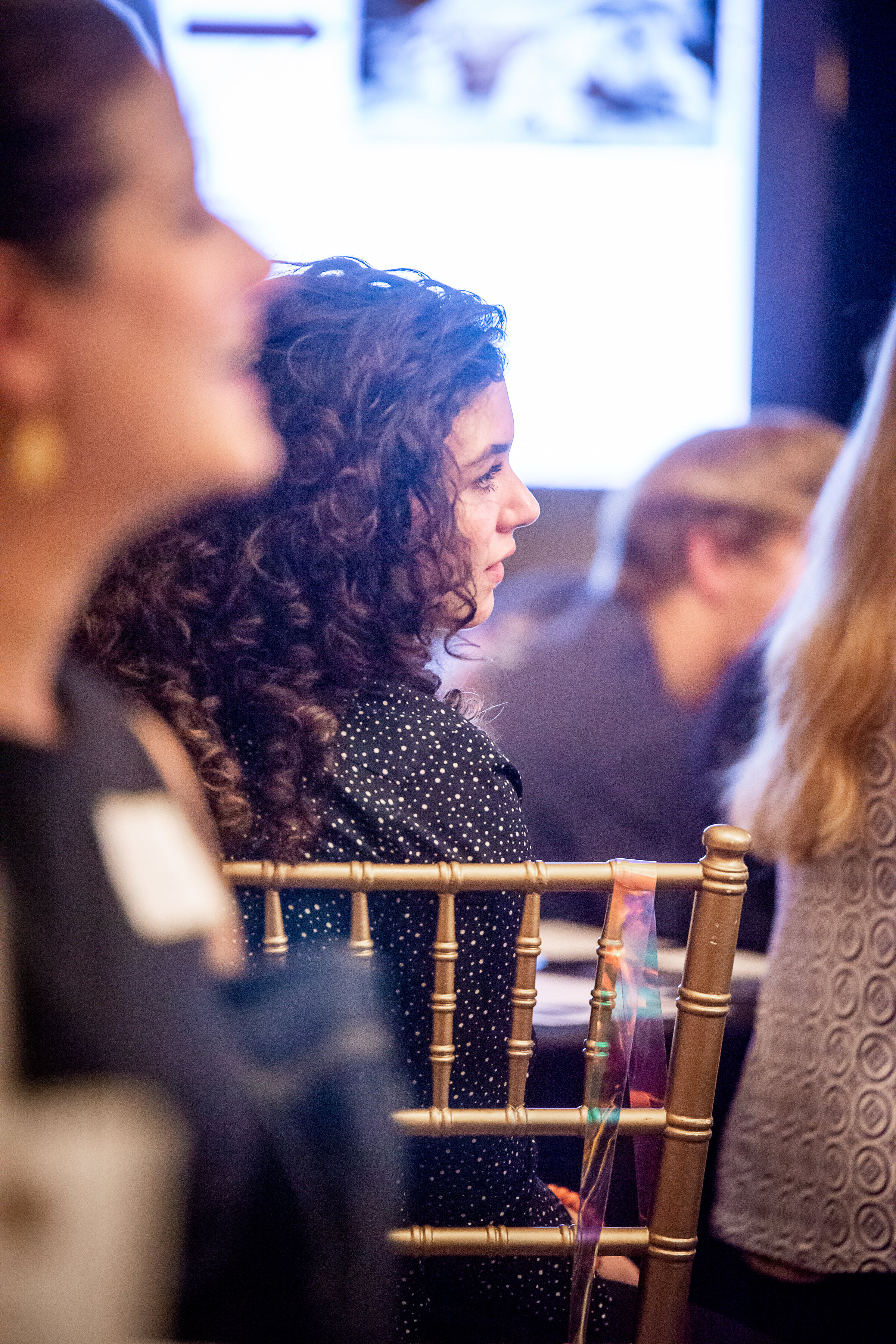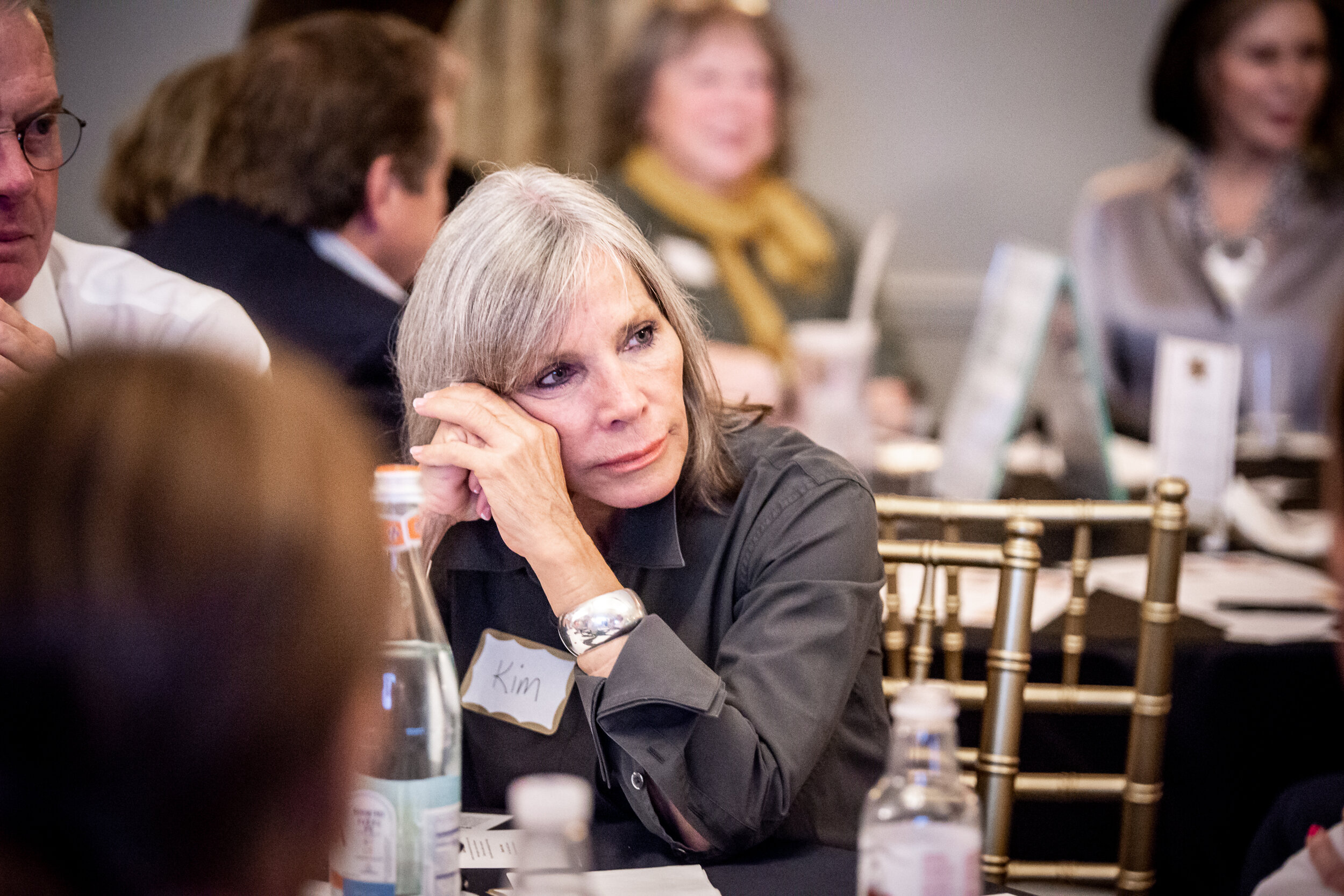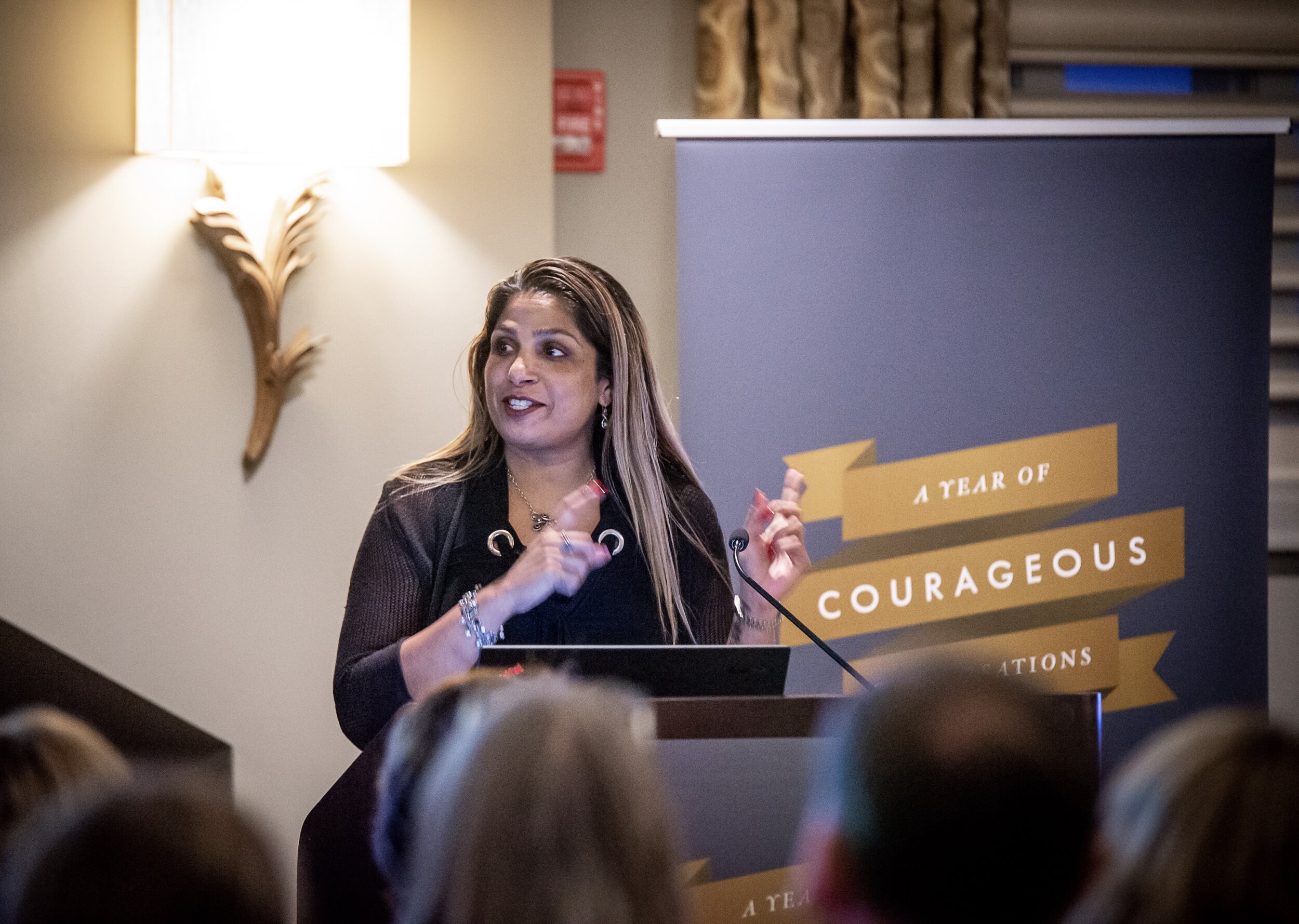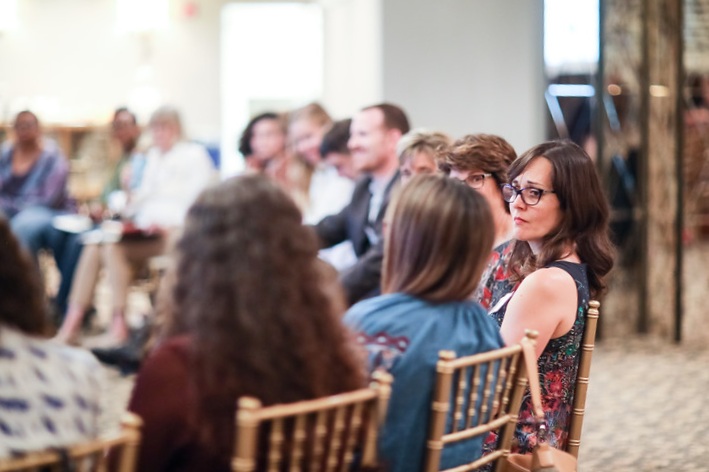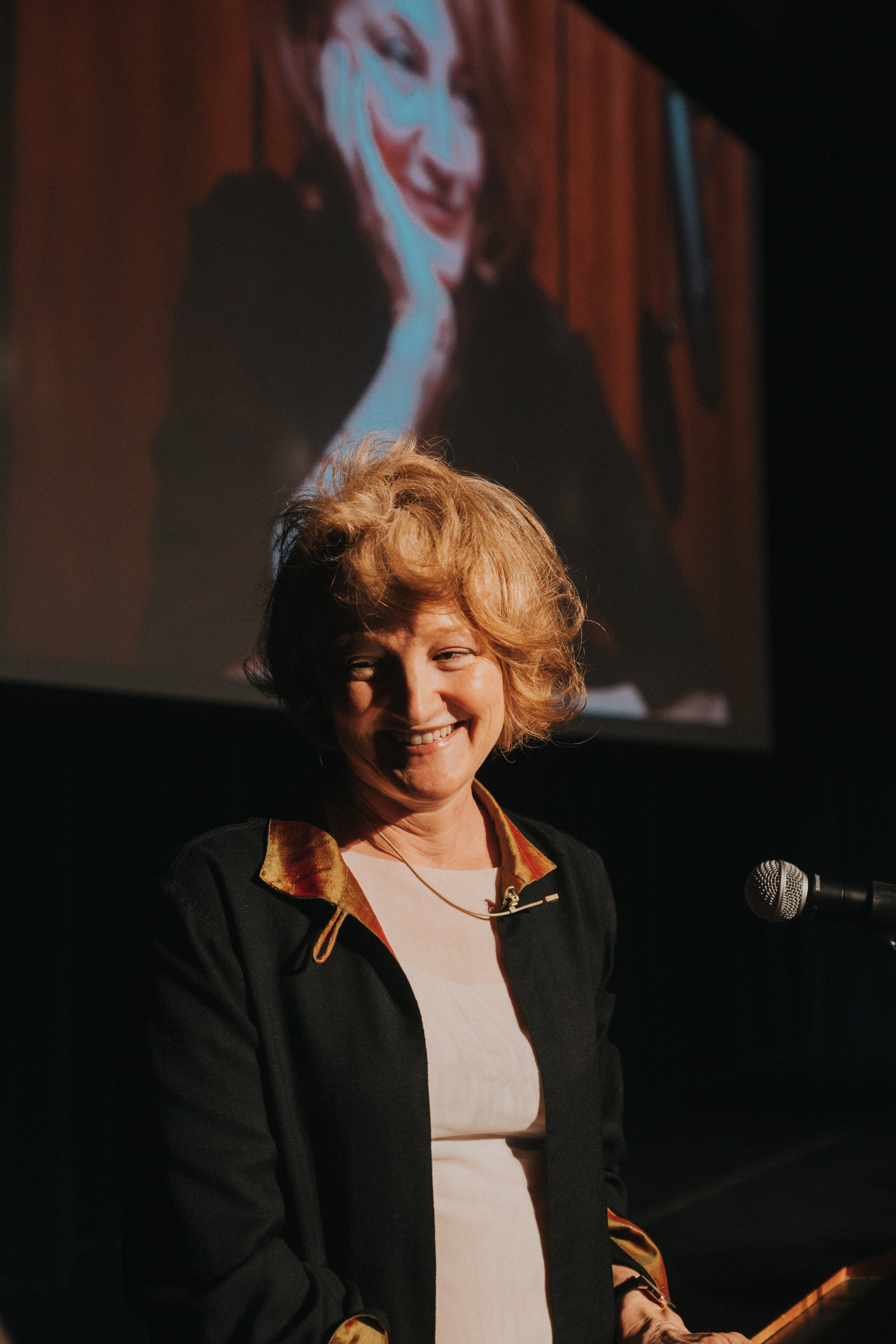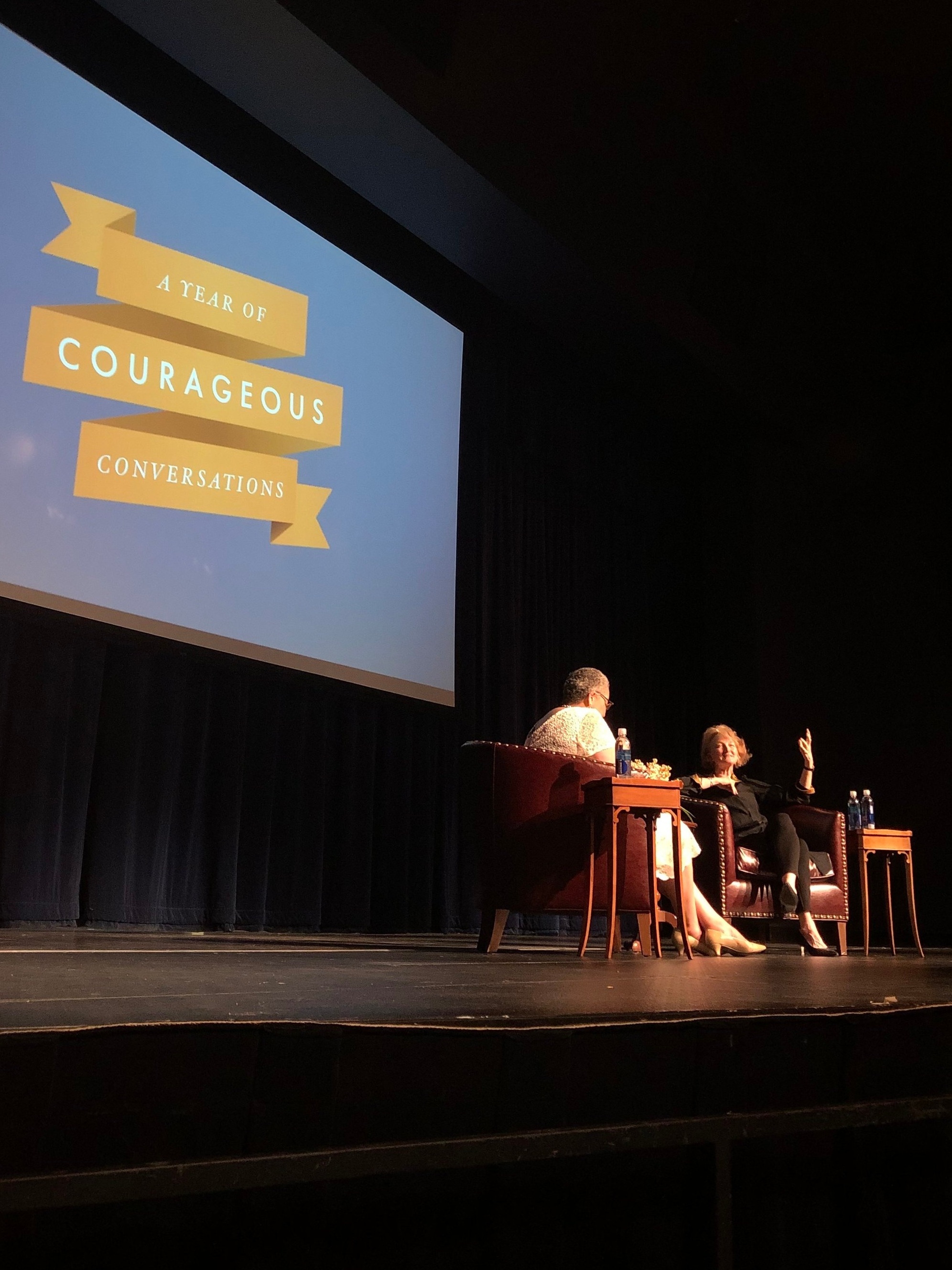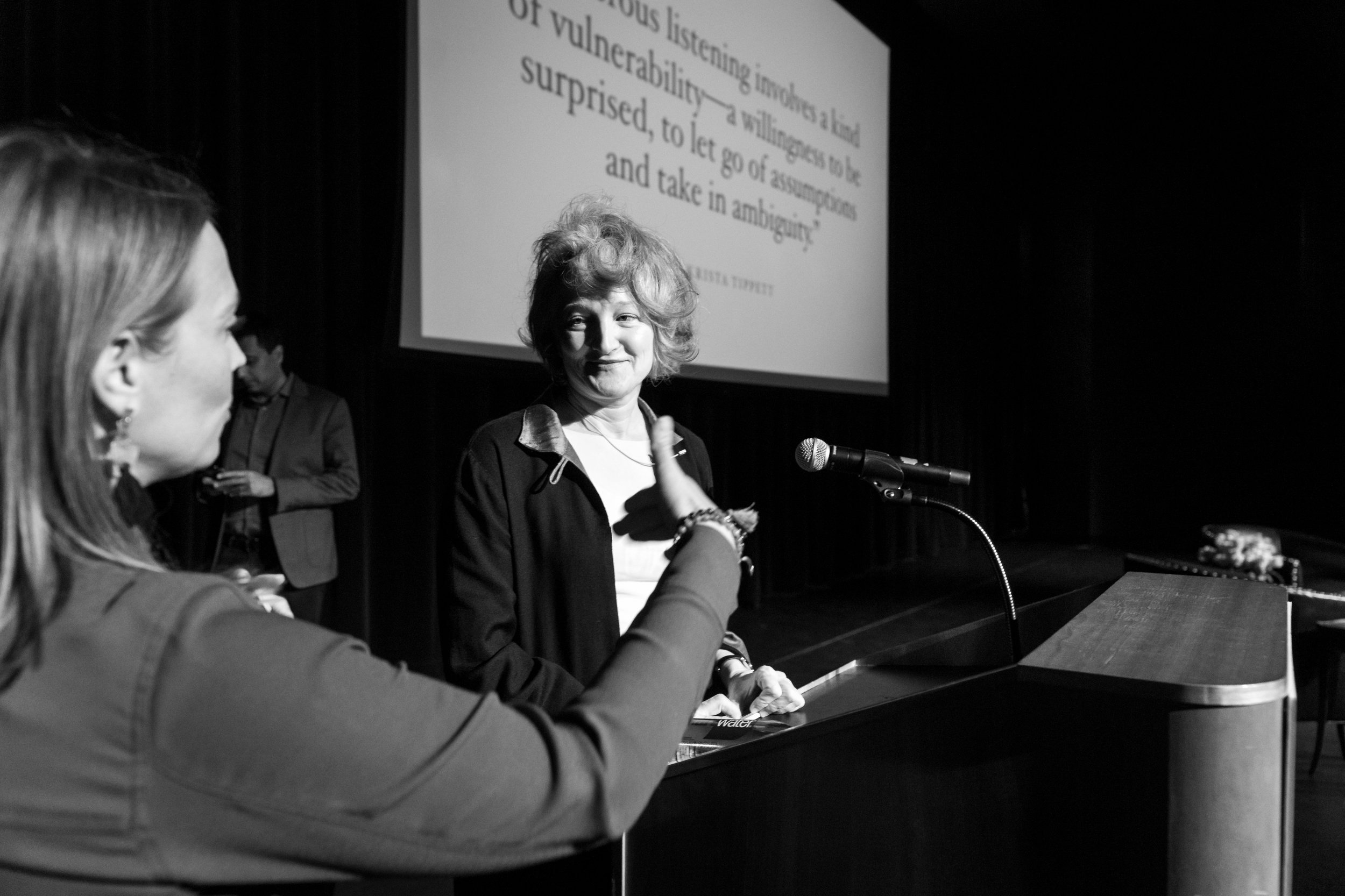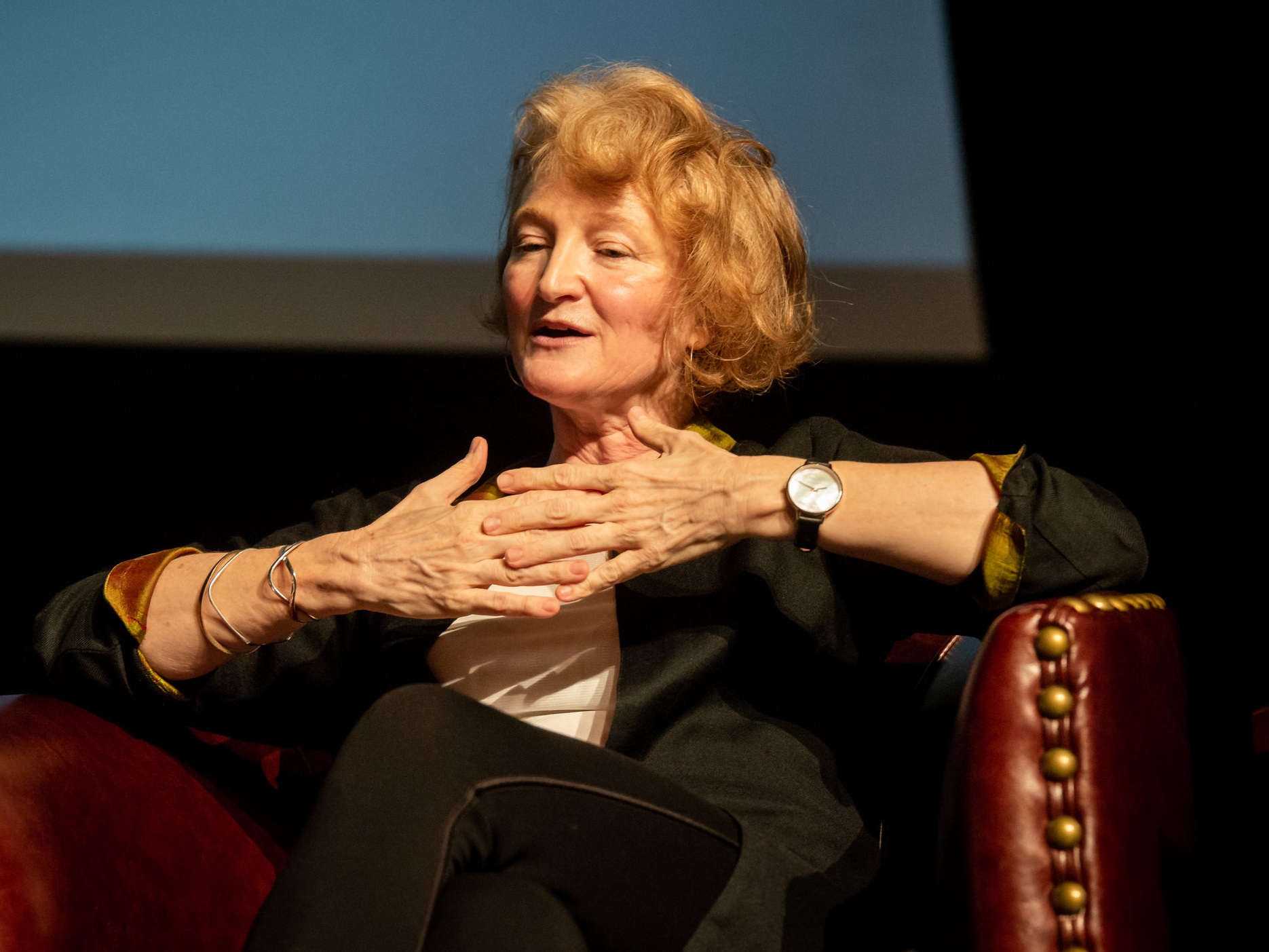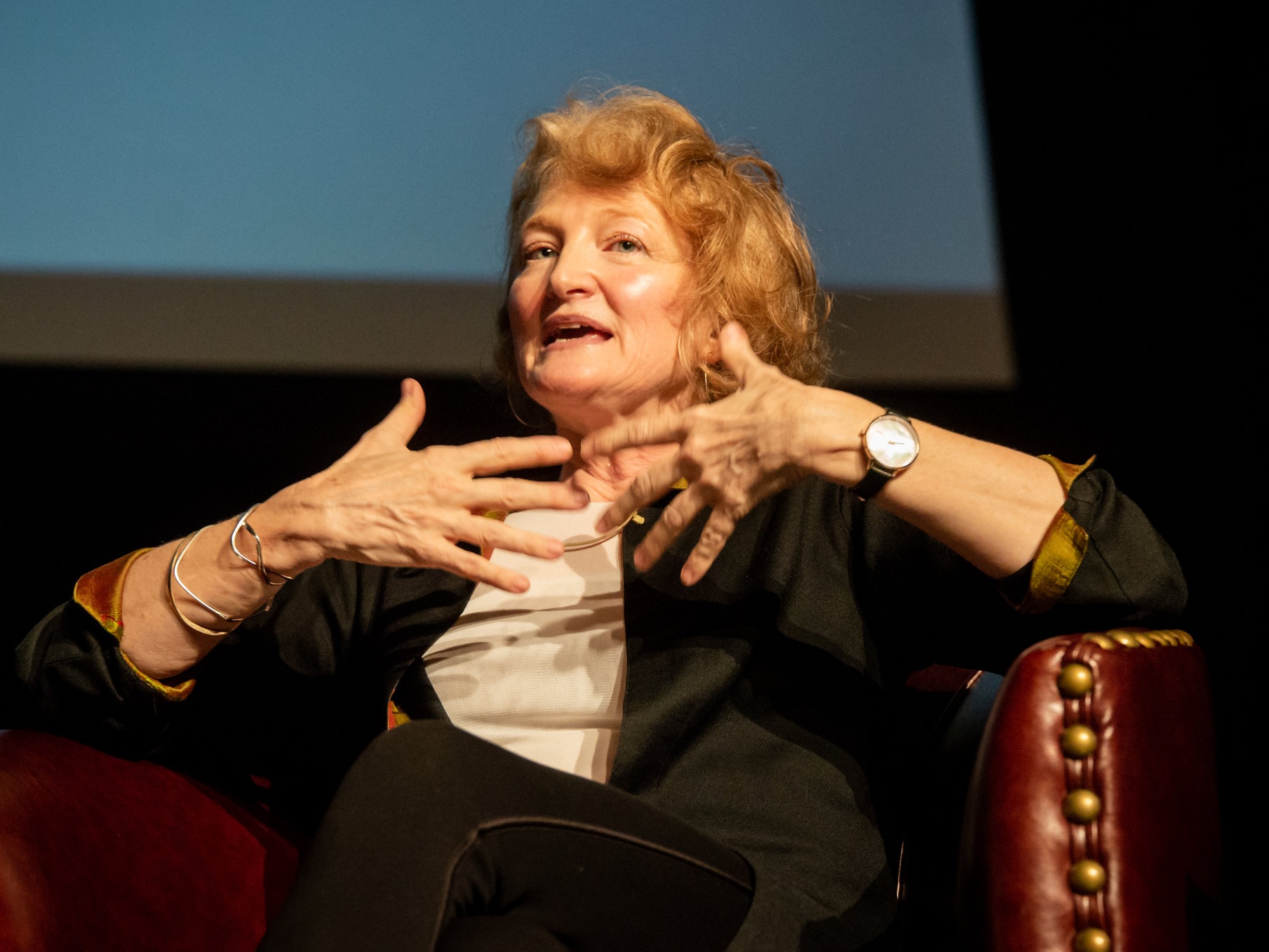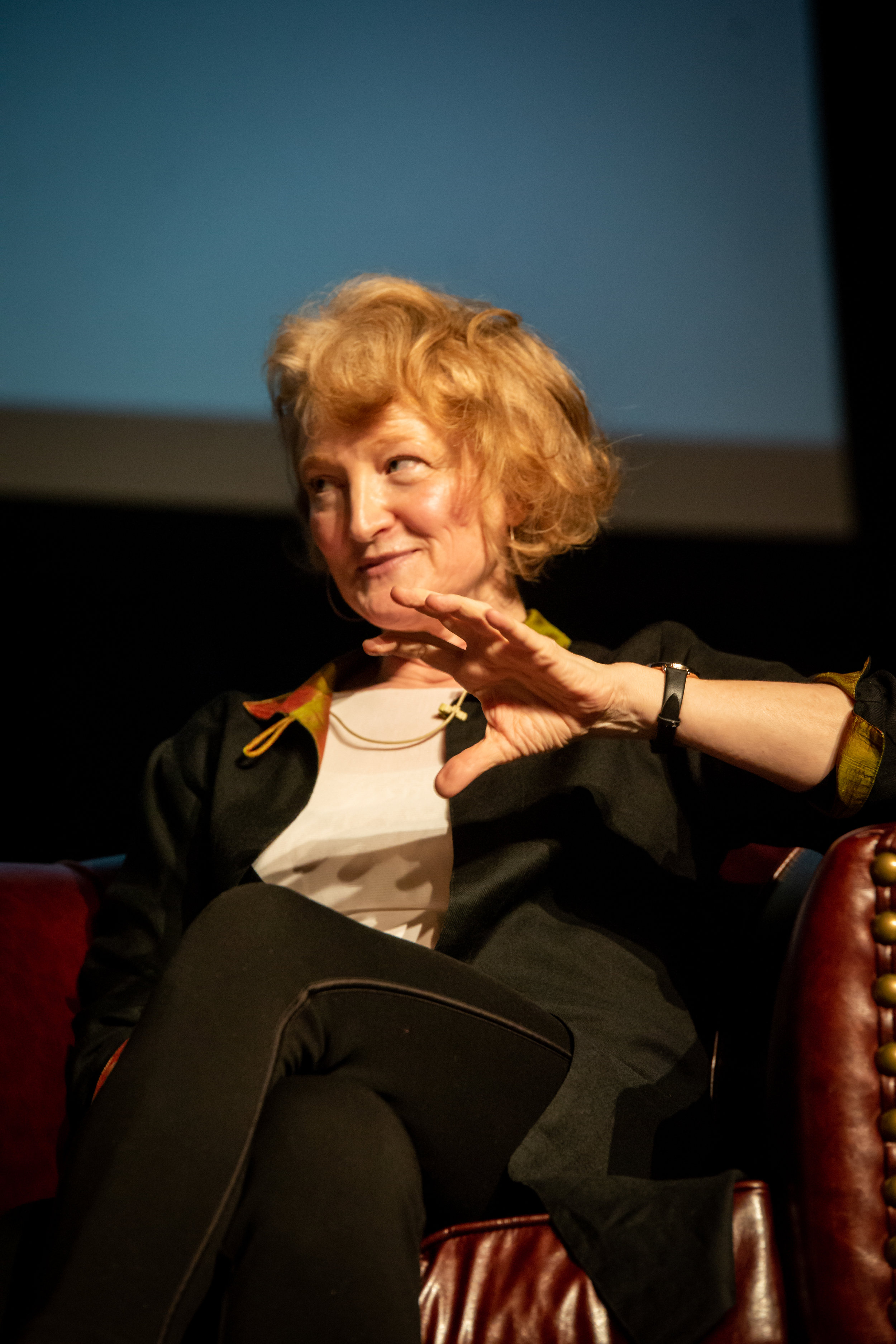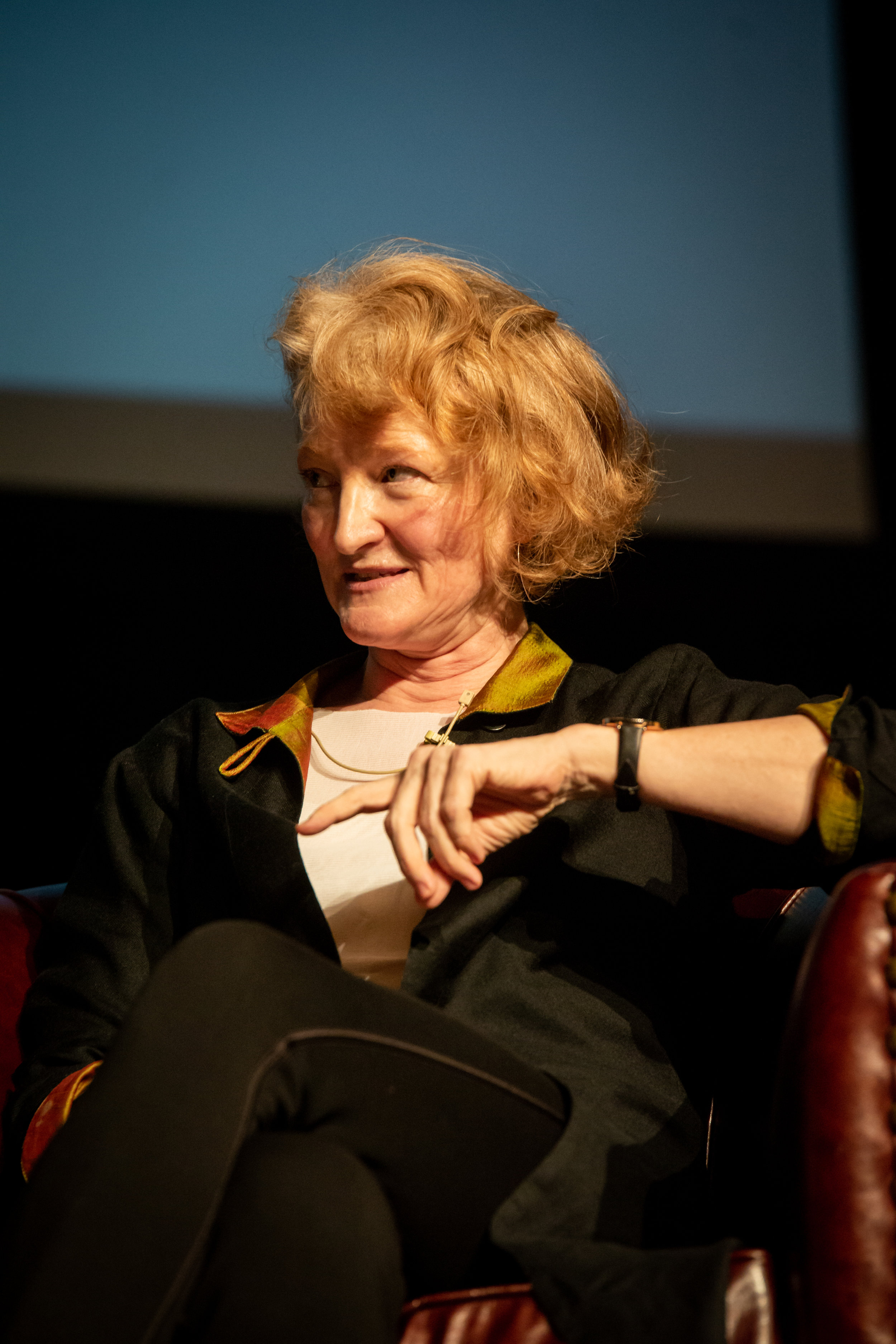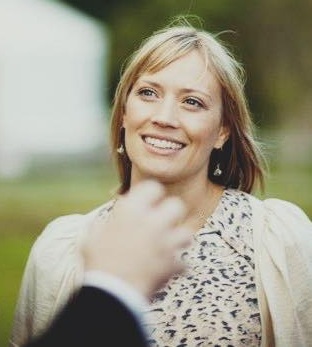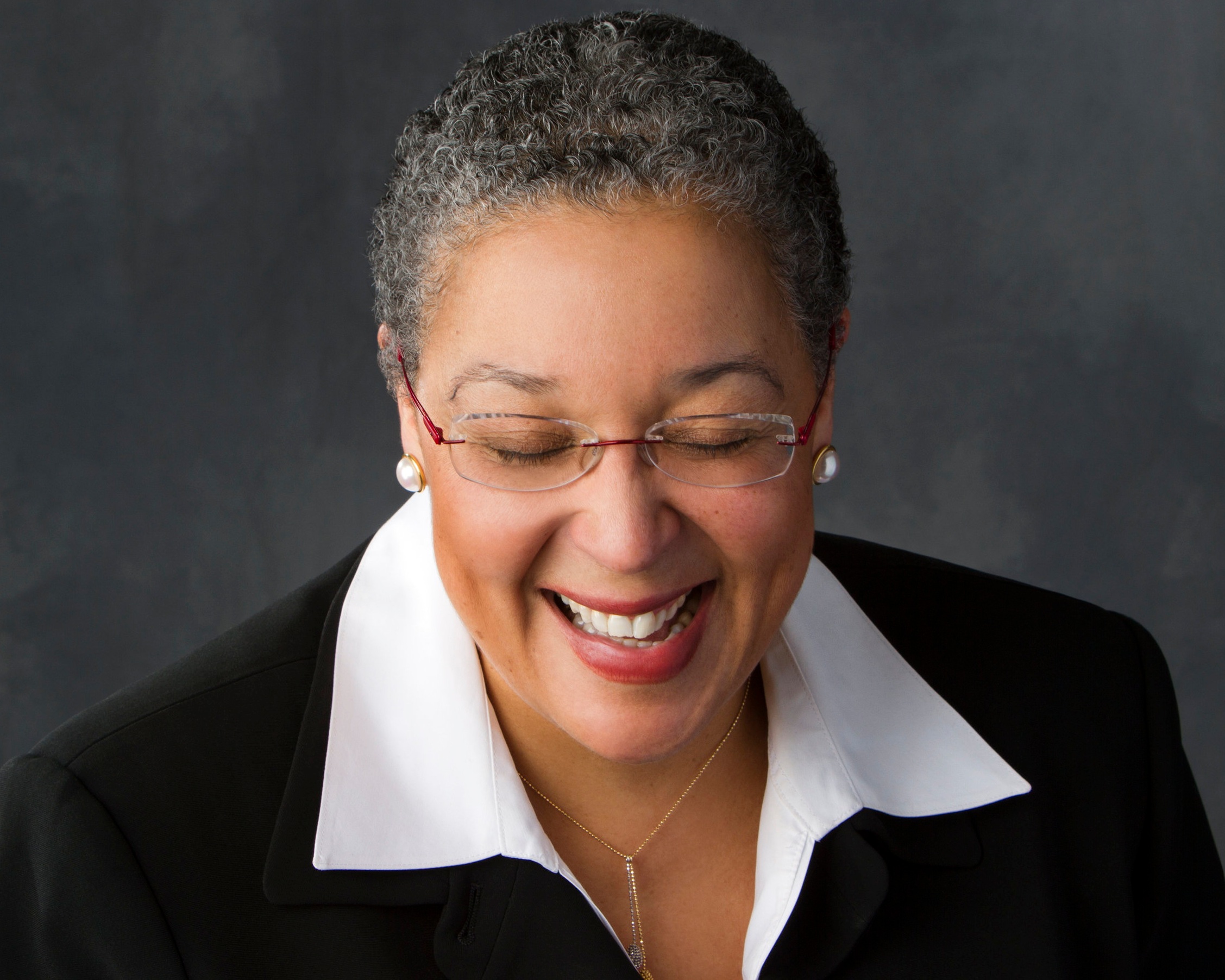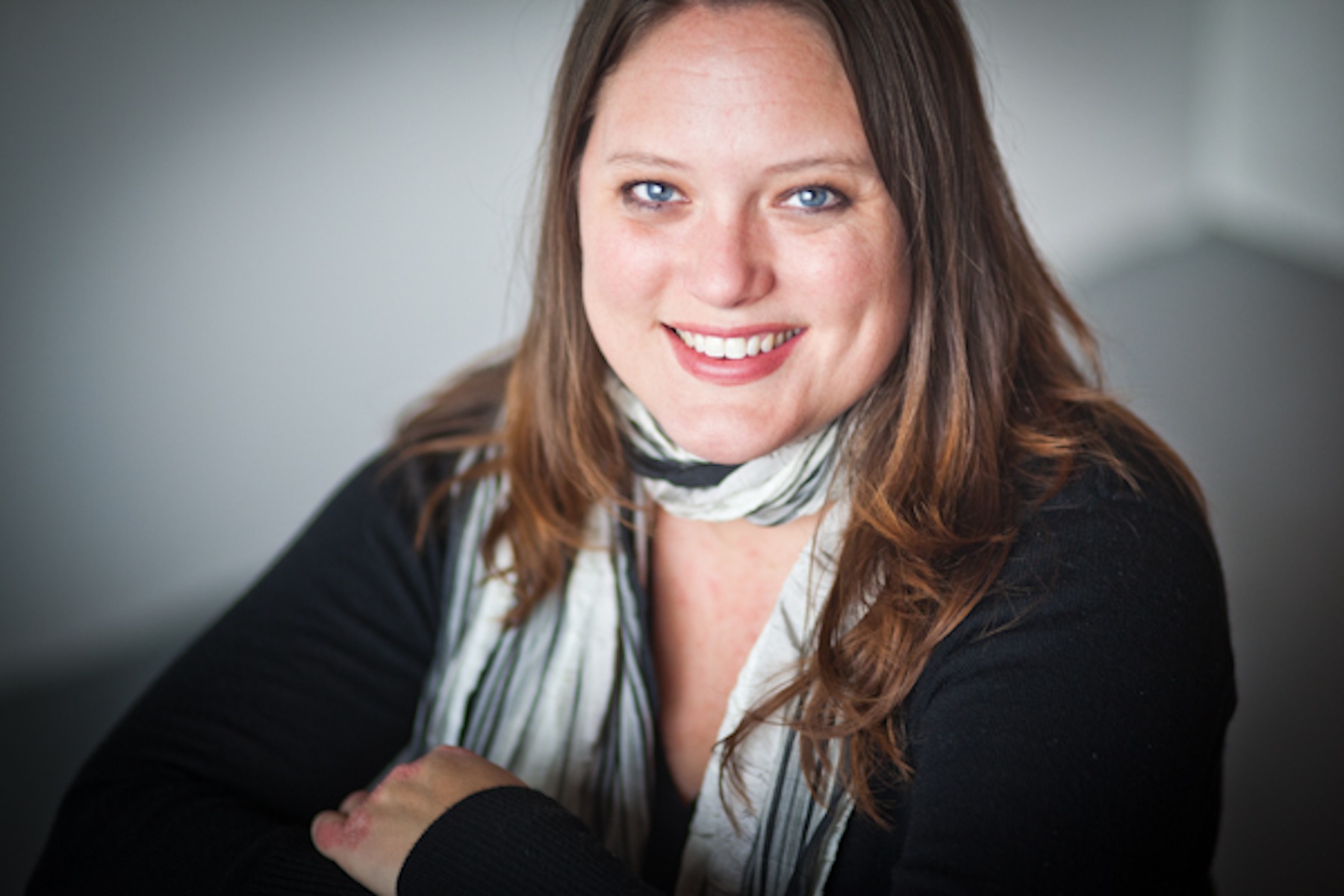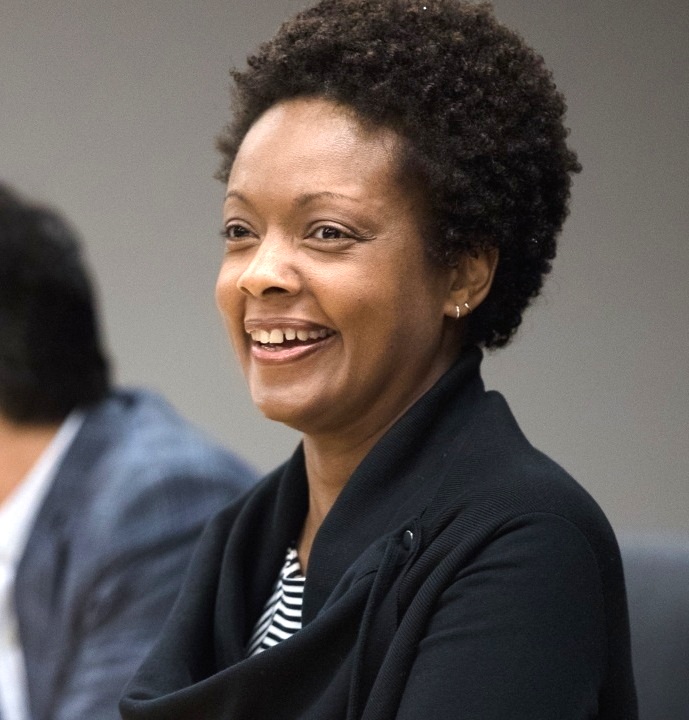Thank you to Dr. Arin Reeves for leading a thought-provoking session this week on Cultivating Curiosity and disrupting our biases, assumptions and judgments. Here are some great questions Dr. Reeves suggested for the next time you approach a courageous conversation with curiosity:
What is your purpose for the conversation?
What do you hope to accomplish? What would be an ideal outcome?
TIP: Watch for hidden purposes. You may think you have honorable goals, only to notice that your language is excessively critical or condescending. You think you want to support, but you end up punishing. Some purposes are more useful than others. Work on yourself so that you enter the conversation with a supportive purpose.
What assumptions are you making about this person’s intentions?
TIP: You may feel intimidated, belittled, ignored, disrespected, or marginalized — but be cautious about assuming that this was the speaker’s intention. Impact does not necessarily equal intent.
What “buttons” of yours are being pushed?
Are you more emotional than the situation warrants?
TIP: Take a look at your “backstory,” as they say in the movies. What personal history is being triggered? You may still have the conversation, but you’ll go into it knowing that some of the heightened emotional state has to do with you.
How is your attitude toward the conversation influencing your perception of it?
TIP: If you think this is going to be horribly difficult, it probably will be. If you truly believe that whatever happens, some good will come of it, that will likely be the case. Try to adjust your attitude for maximum effectiveness.
Who is the opponent?
What might they be thinking about this situation? Are they aware of the problem?
If so, how do you think they perceive it? What are their needs and fears?
What solution do you think they would suggest?
TIP: Begin to reframe the opponent as partner.
What are your needs and fears?
Are there any common concerns? Could there be?
How have you contributed to the problem? How has the other person?
If you have luck using any of these tips, we’d love to know! Share your success story via email or with our team at our next gathering.








